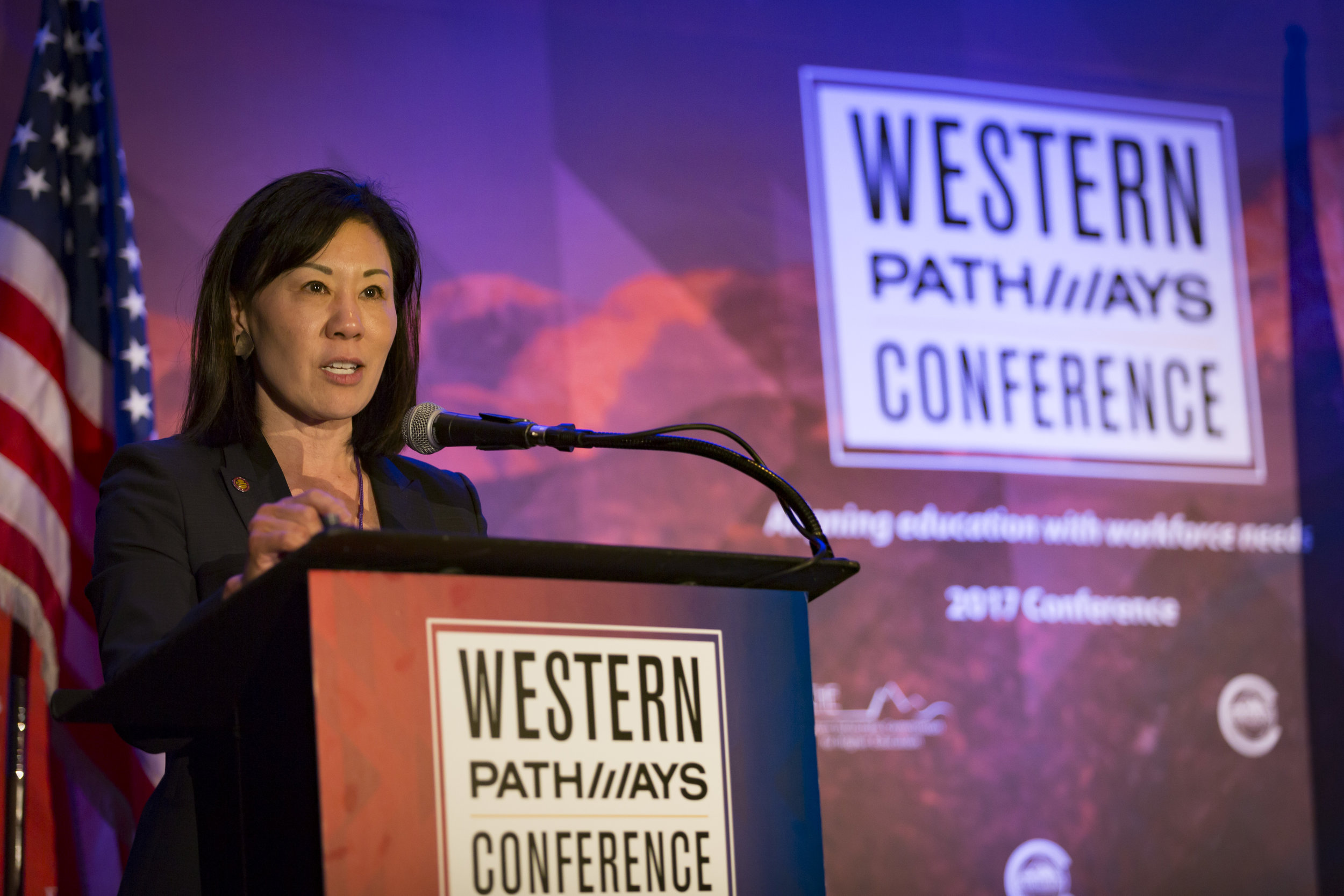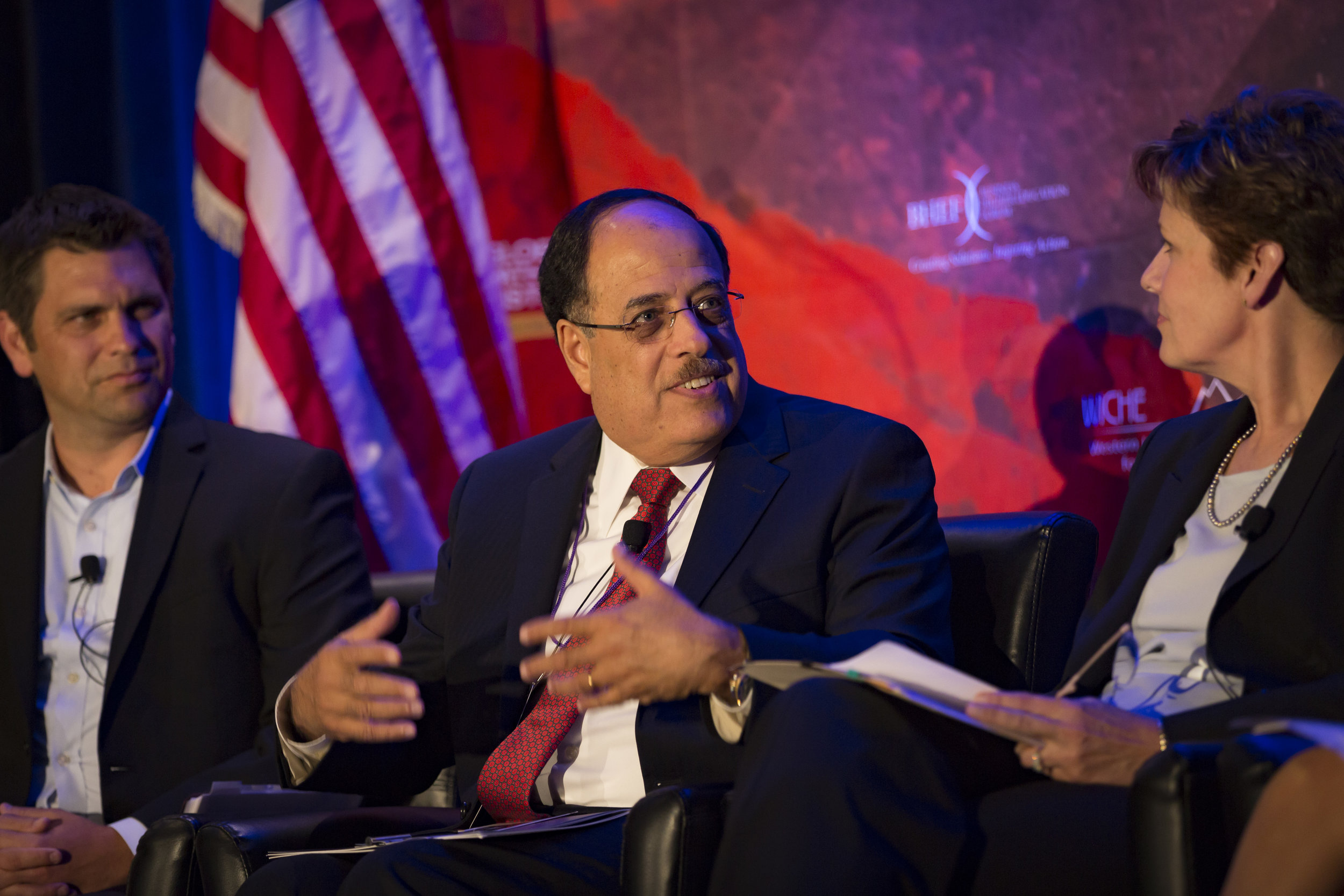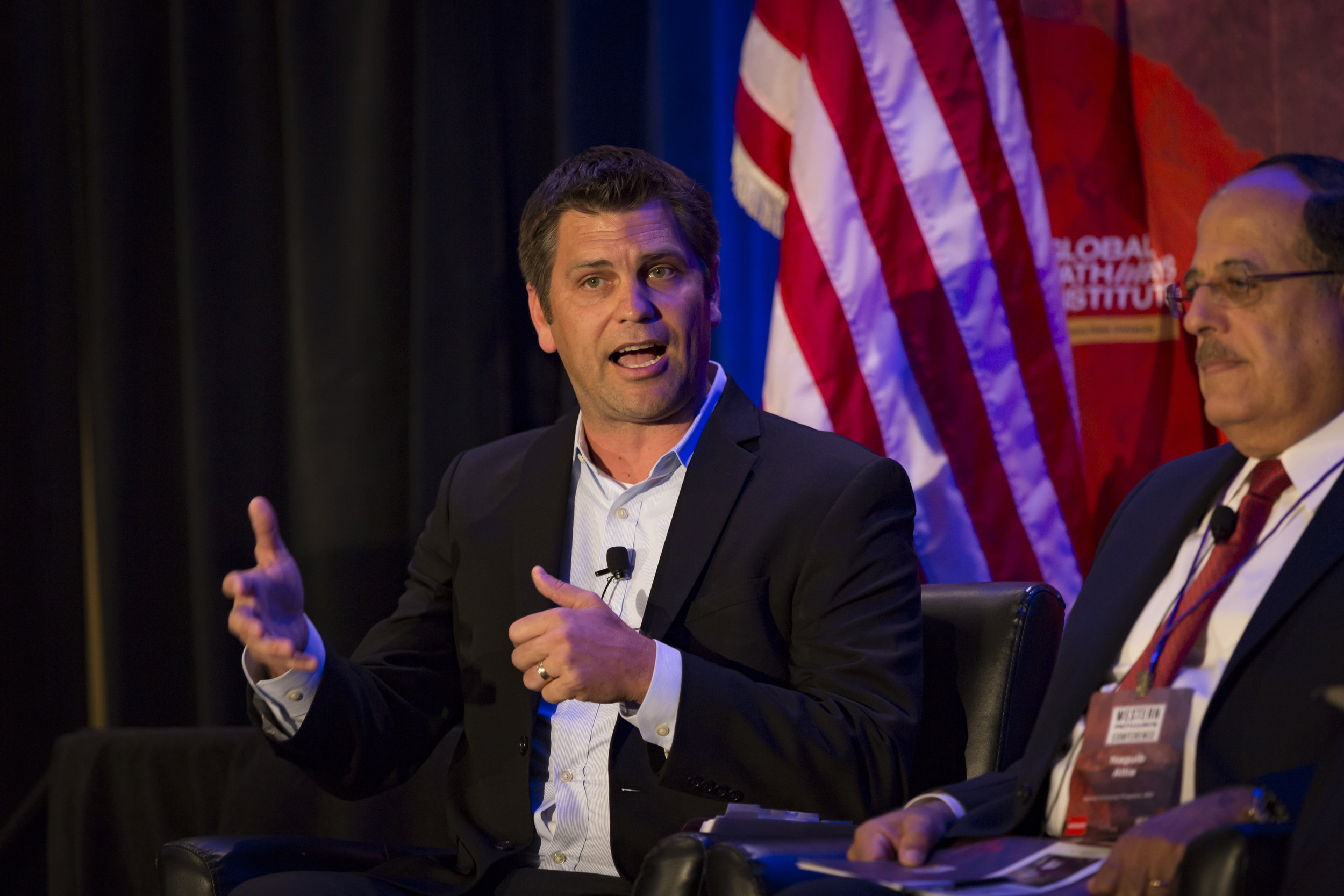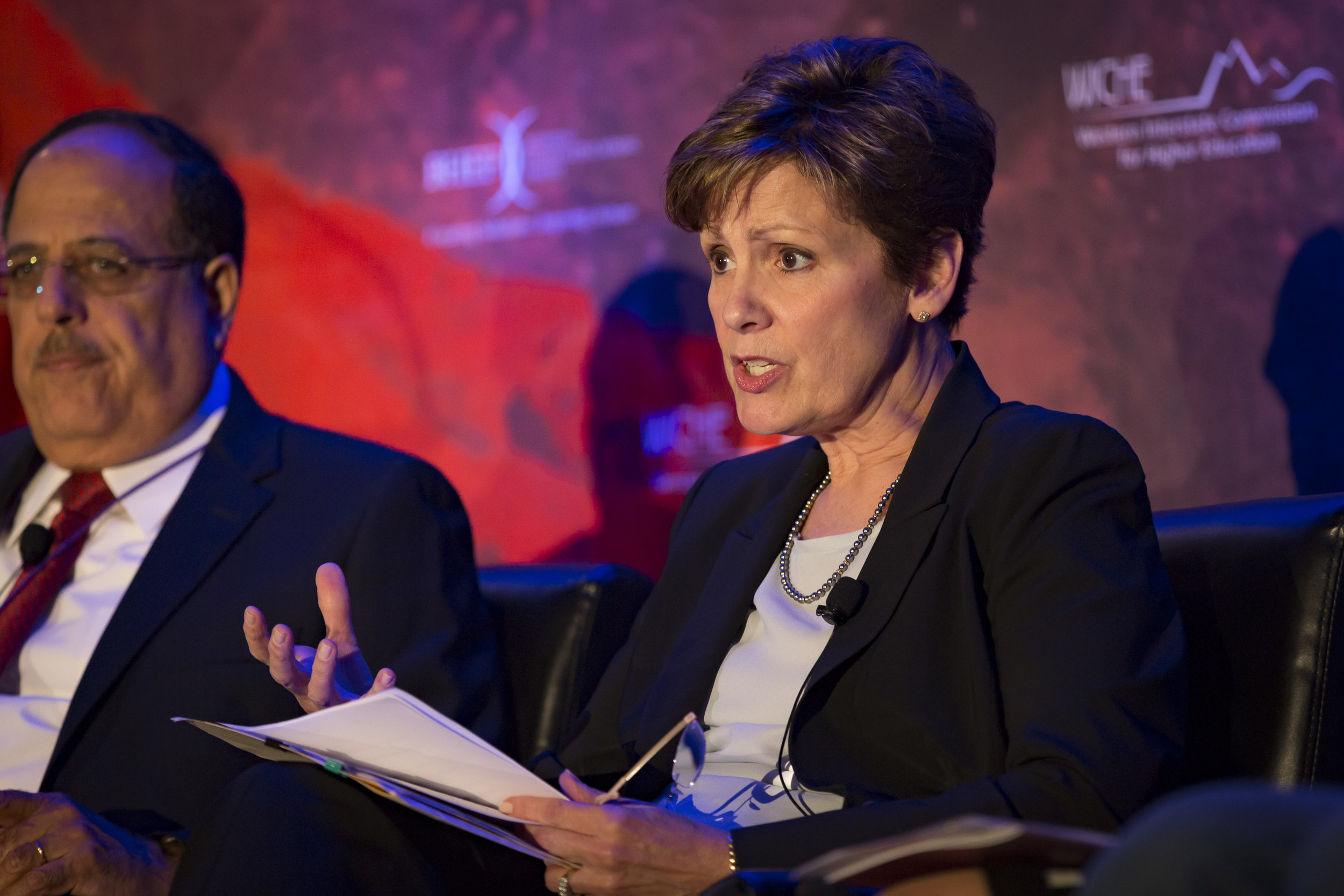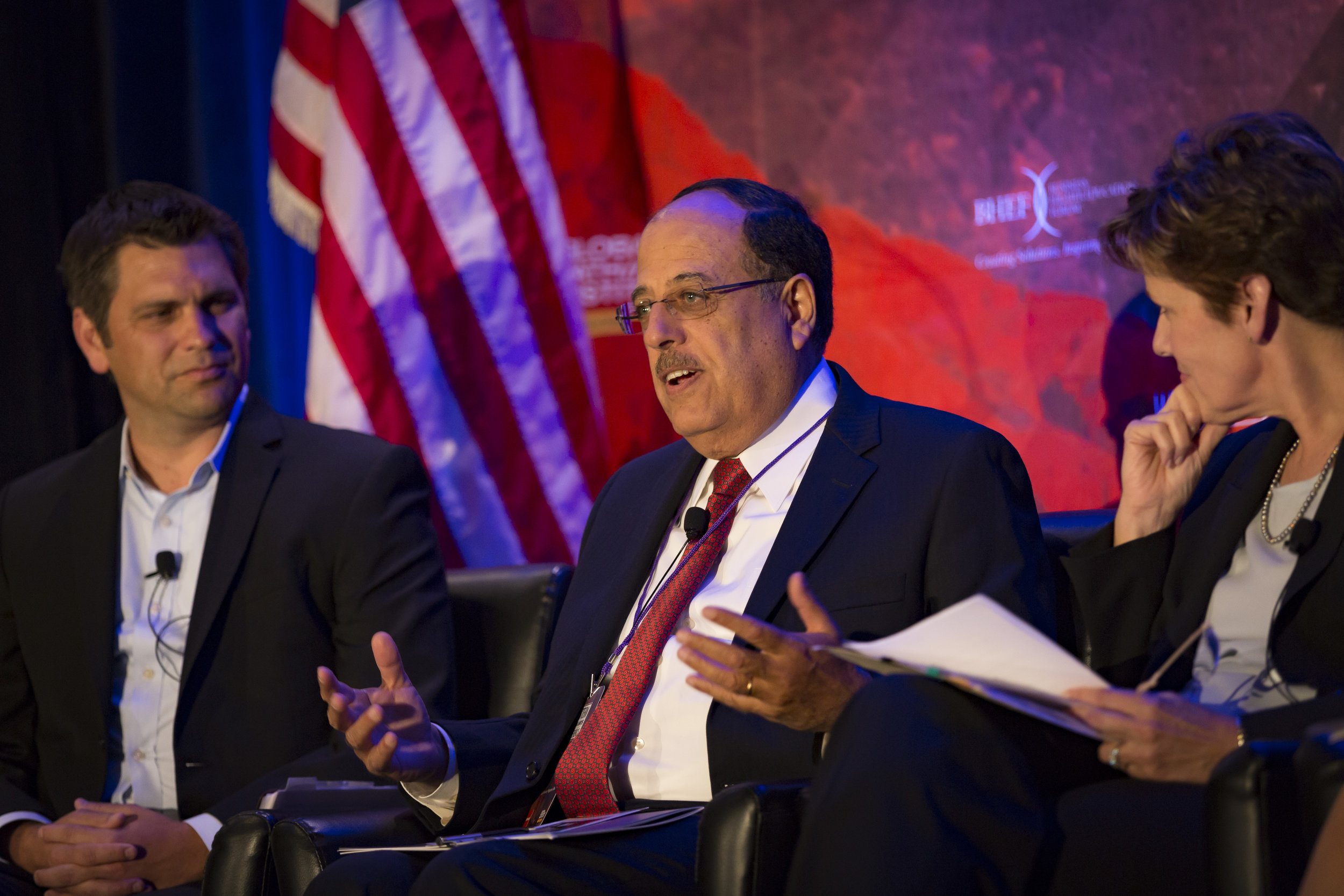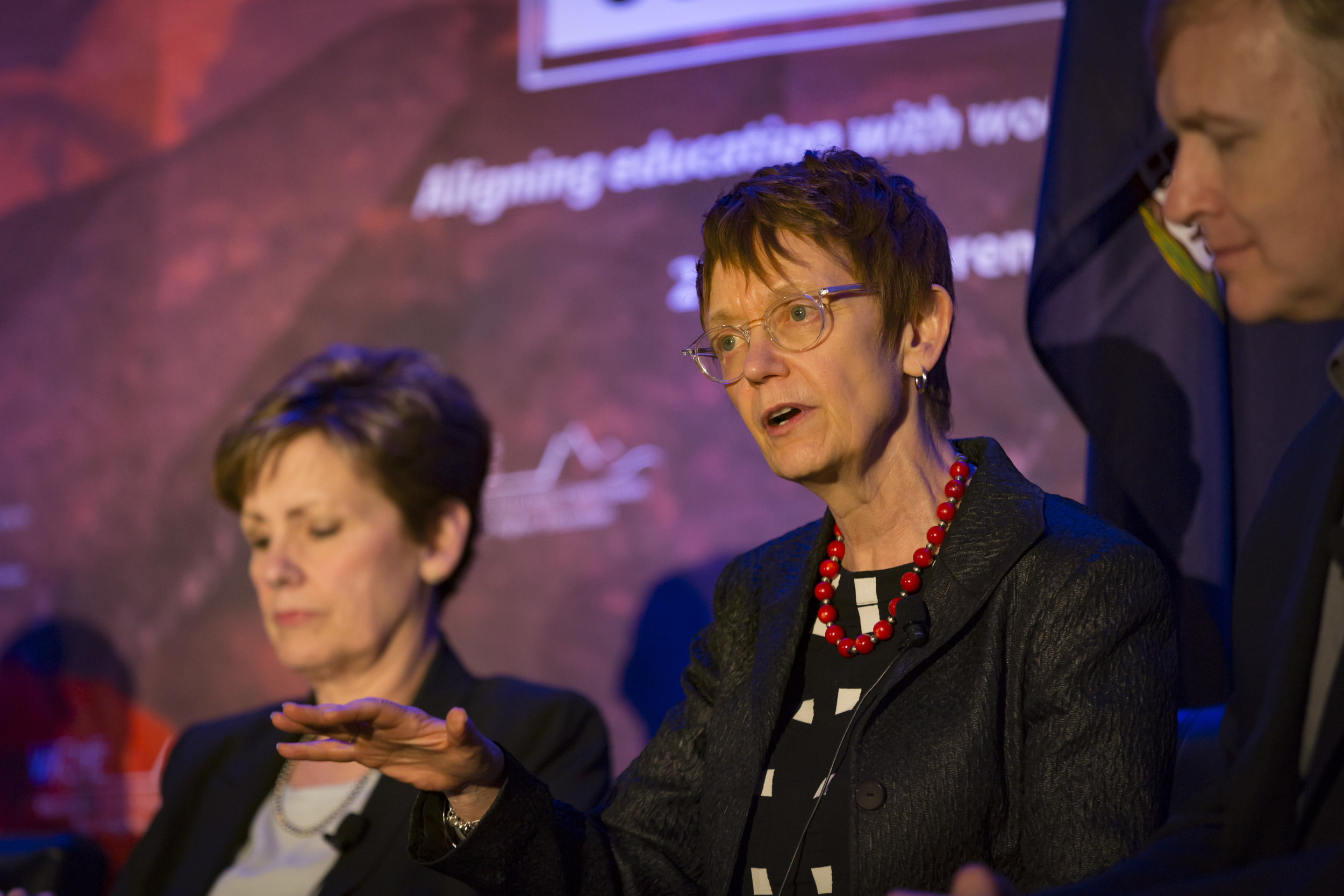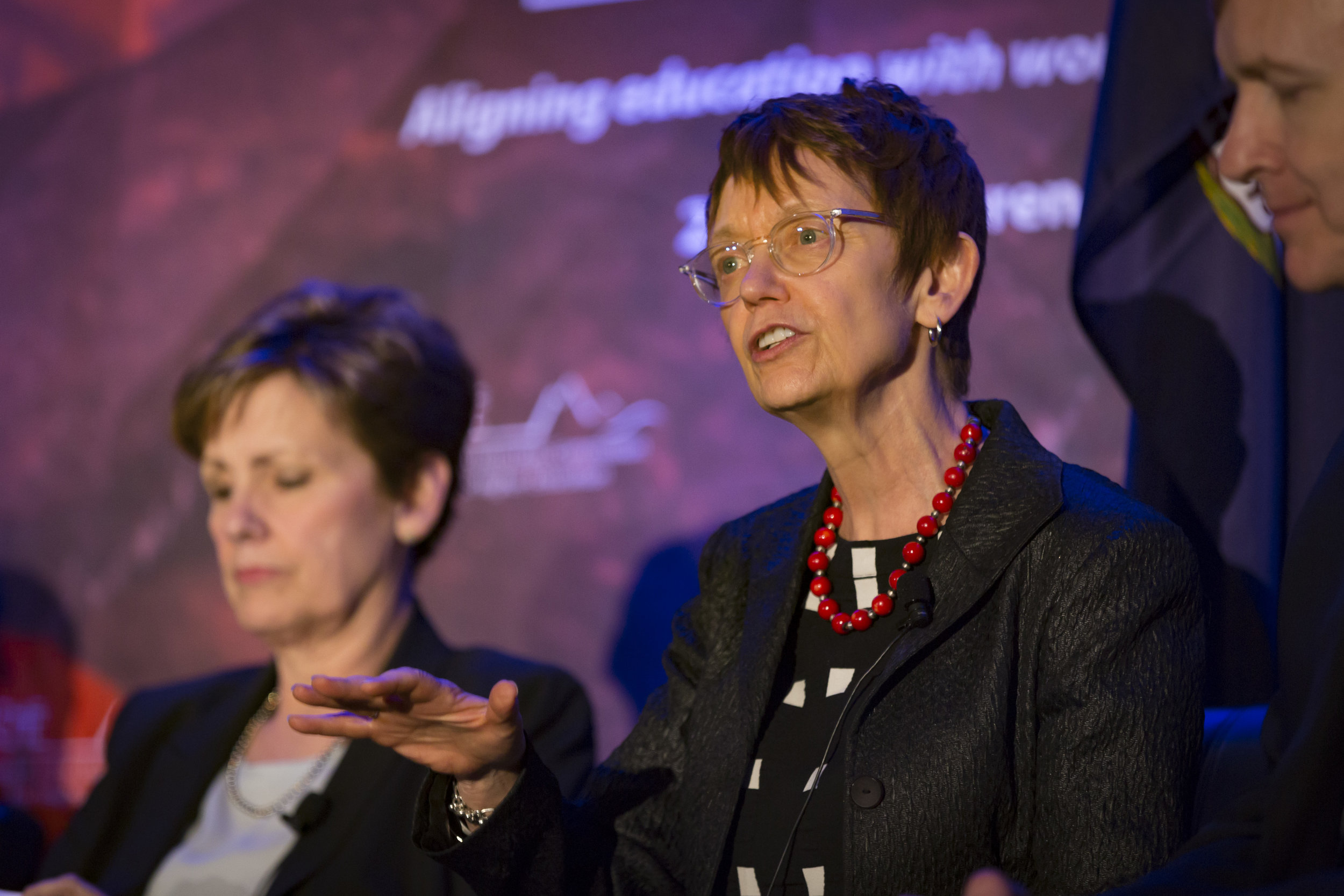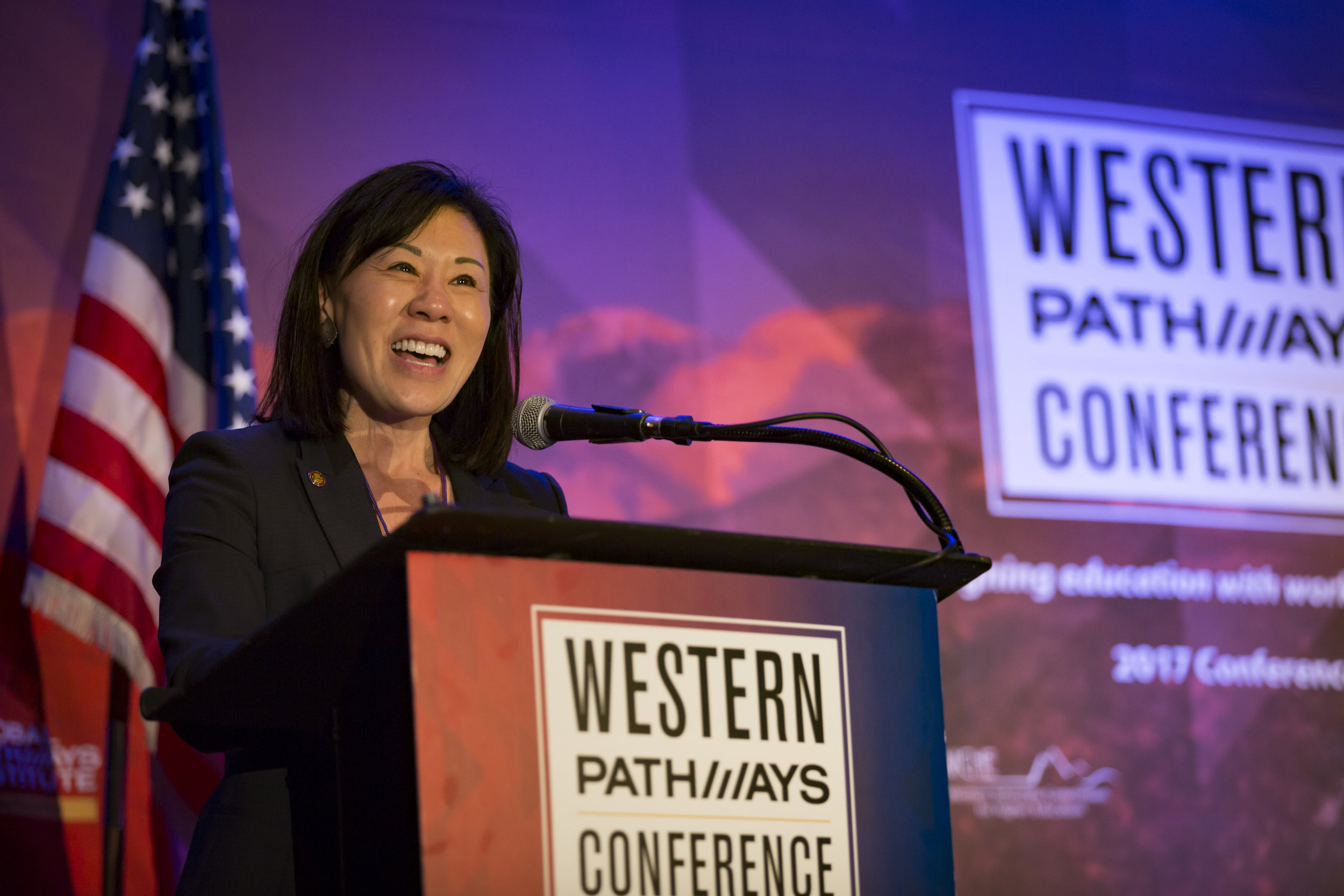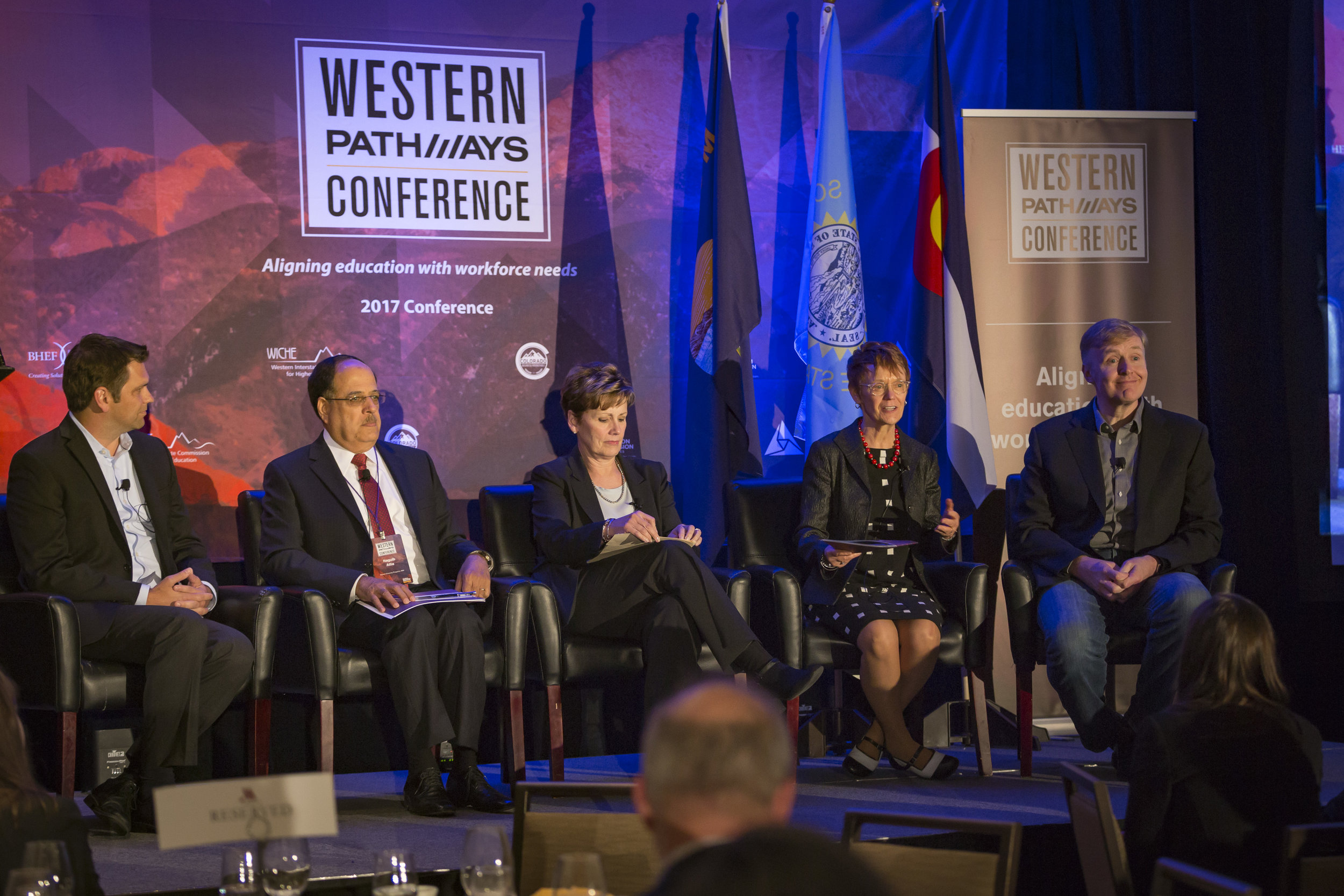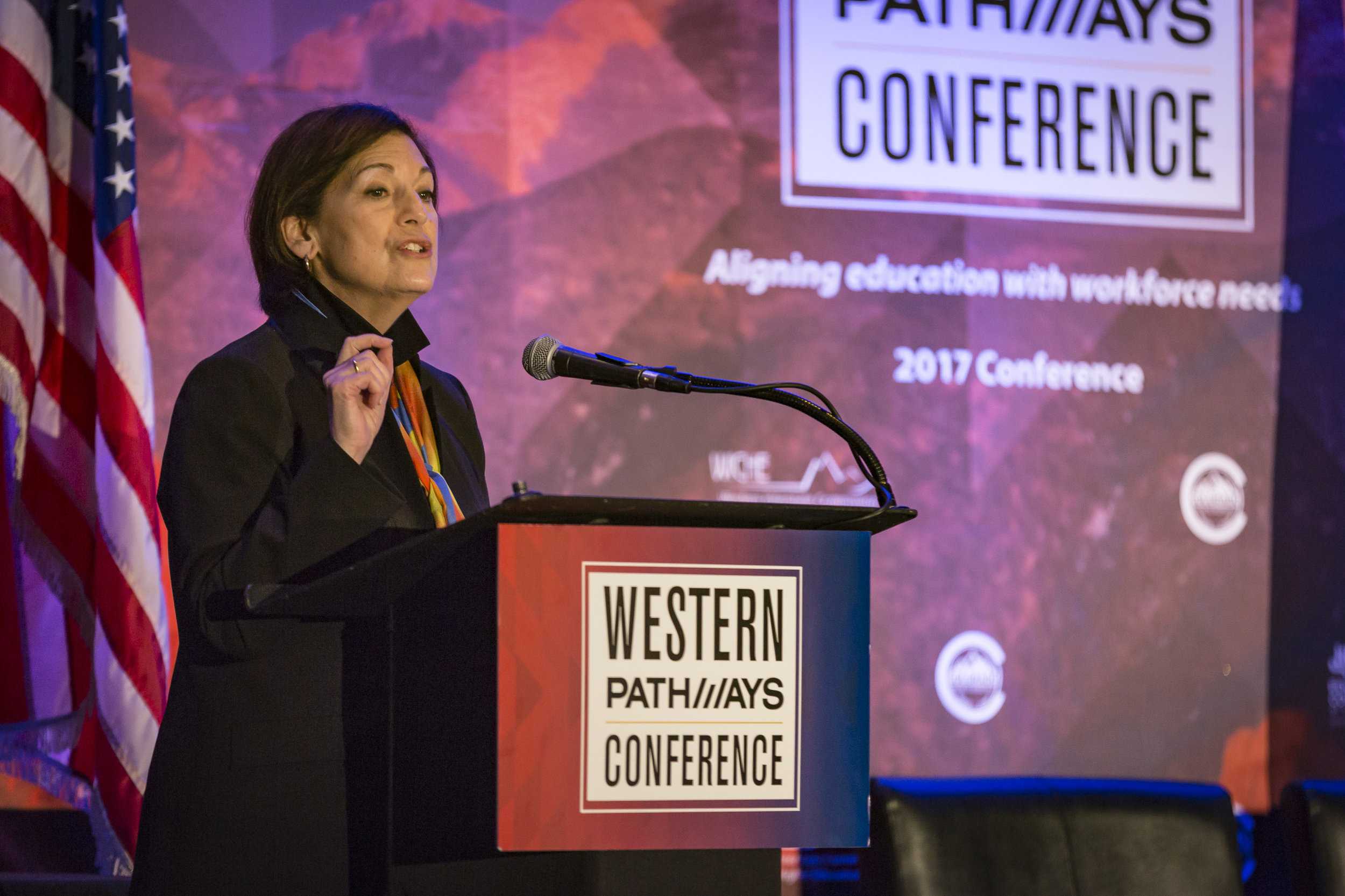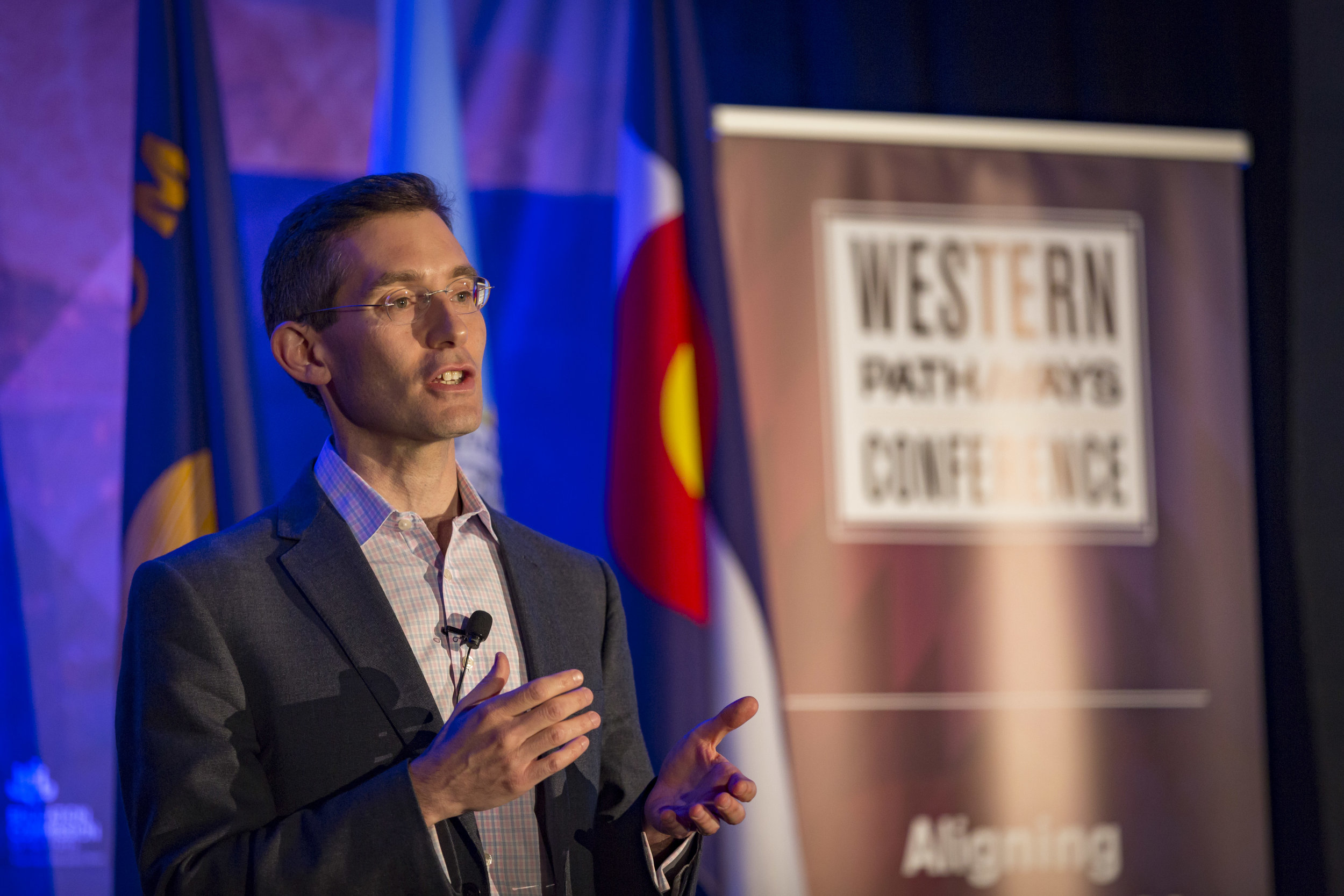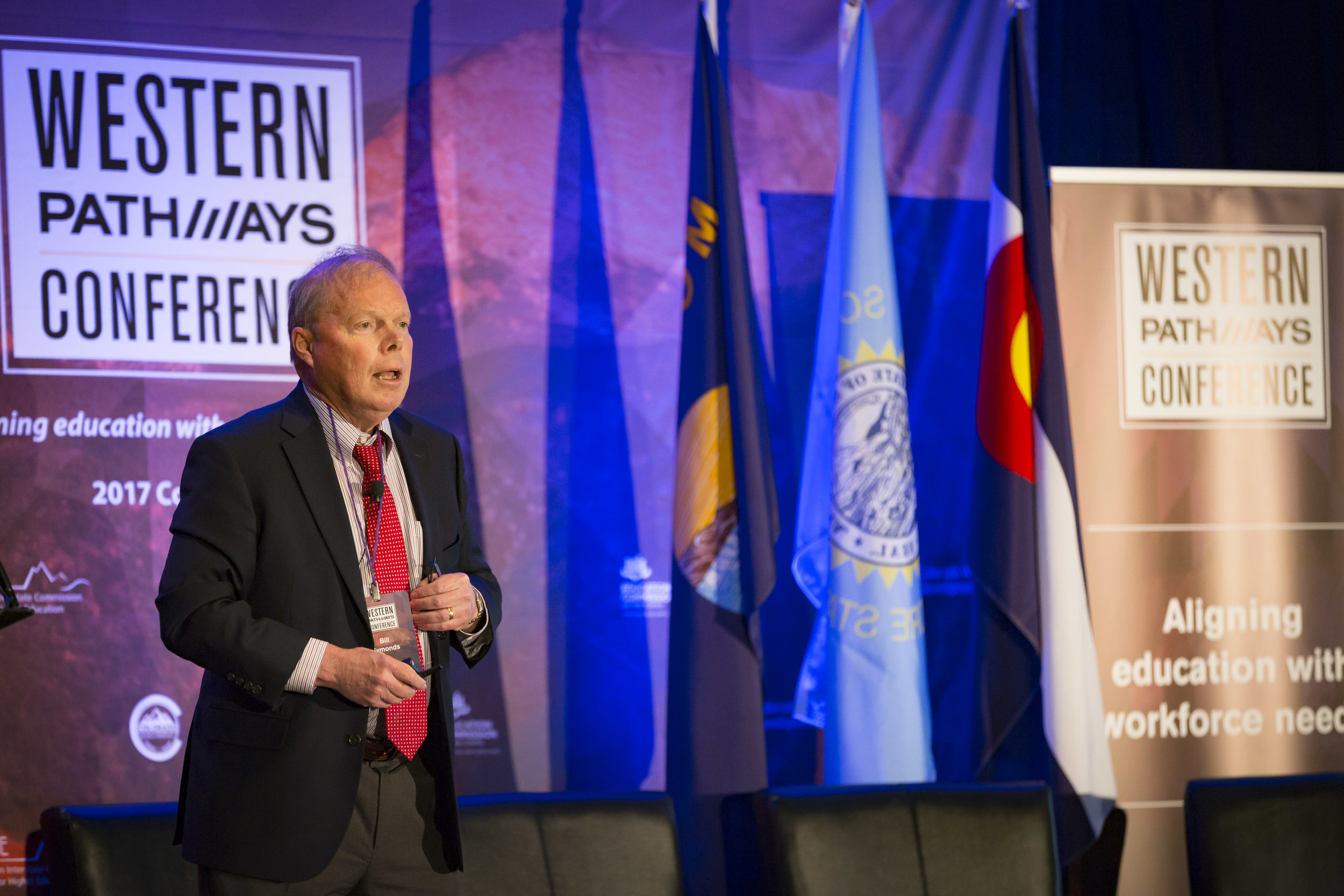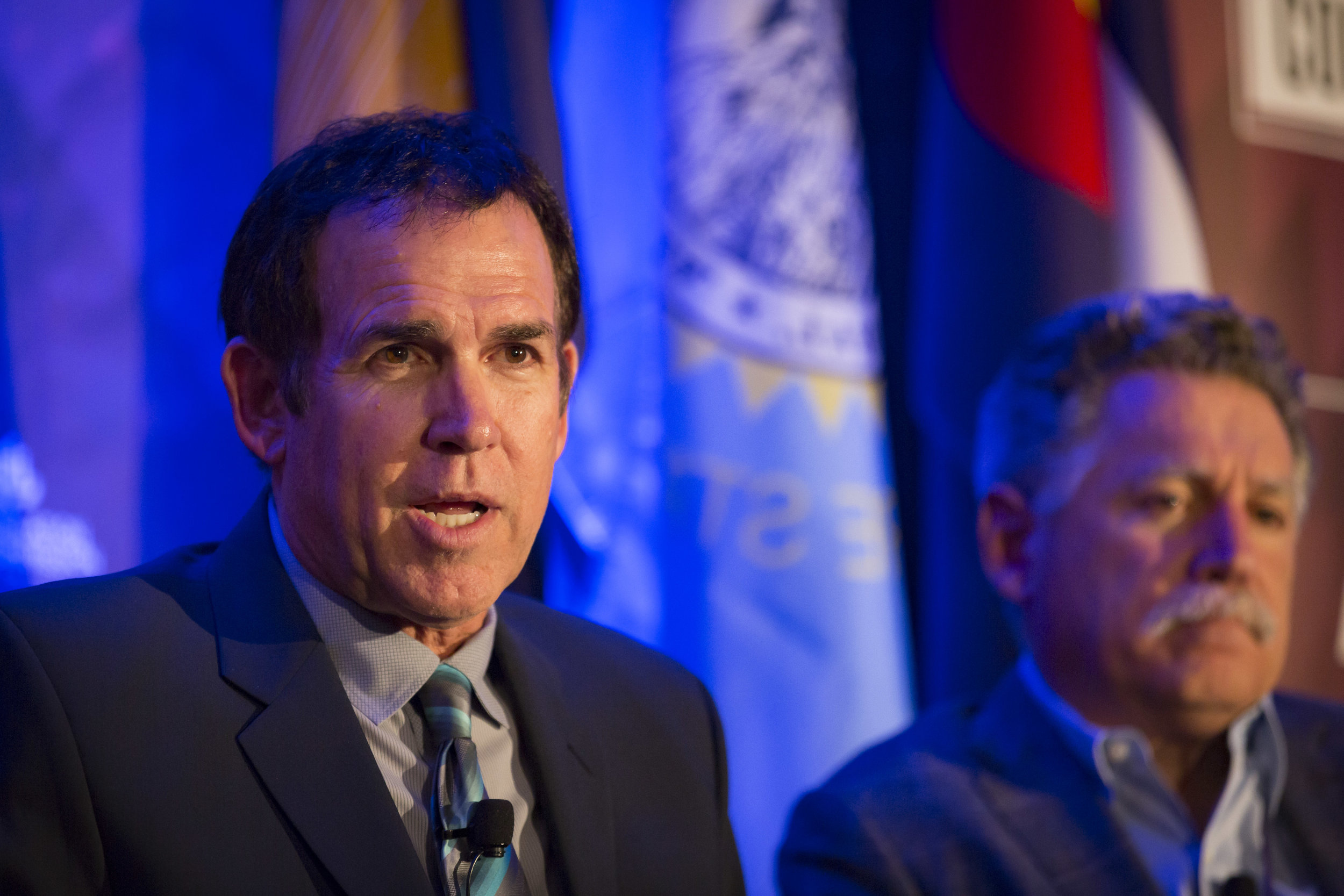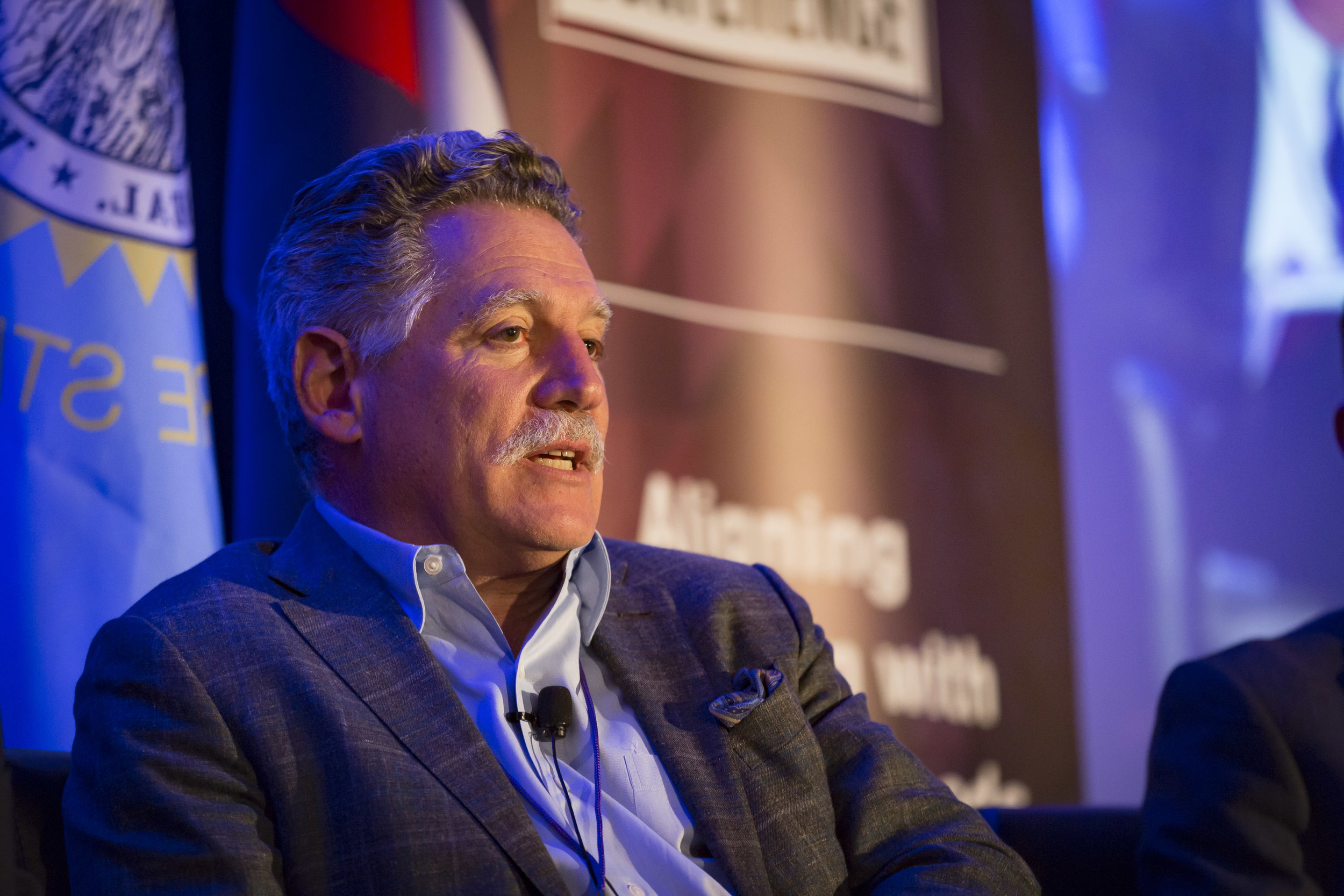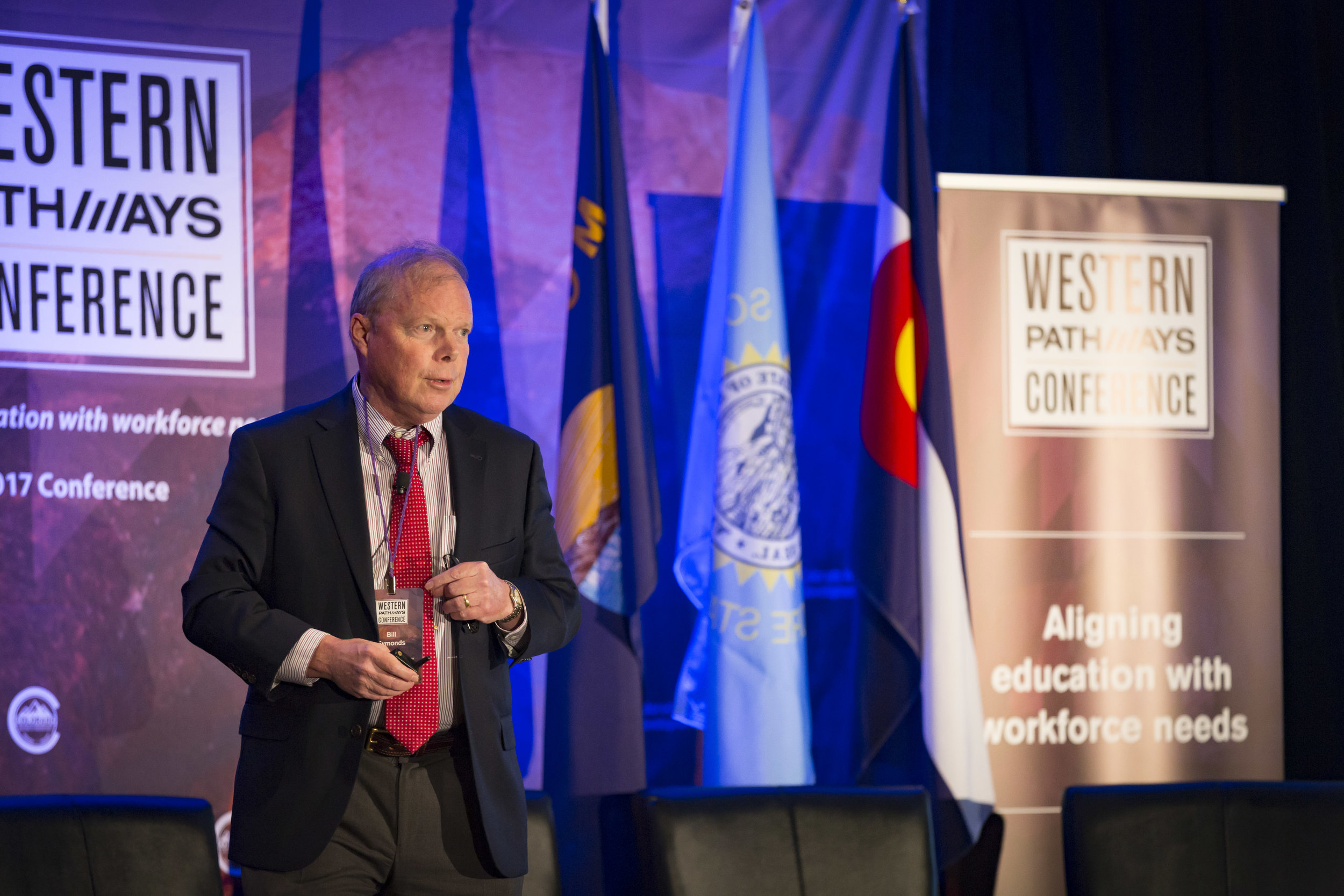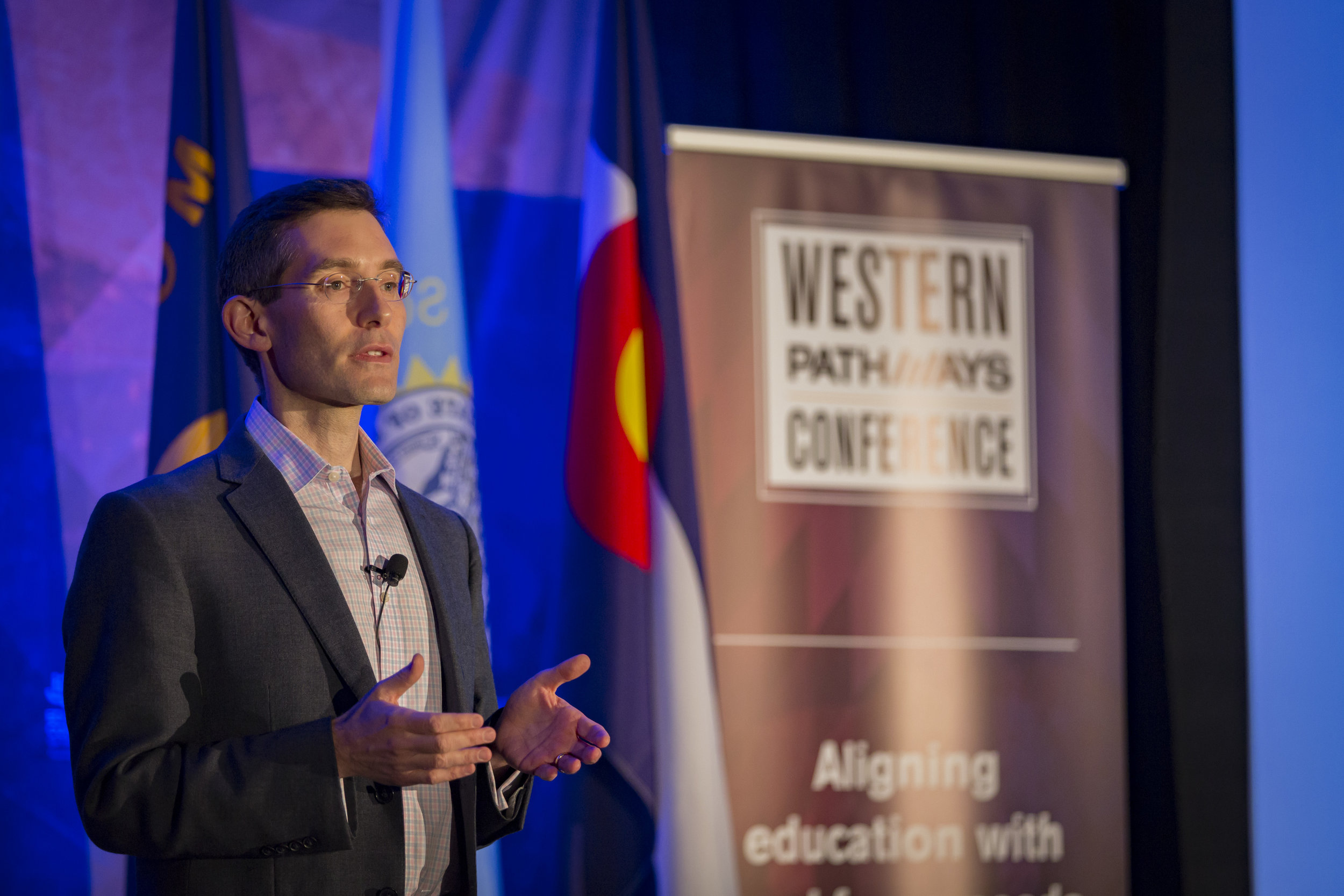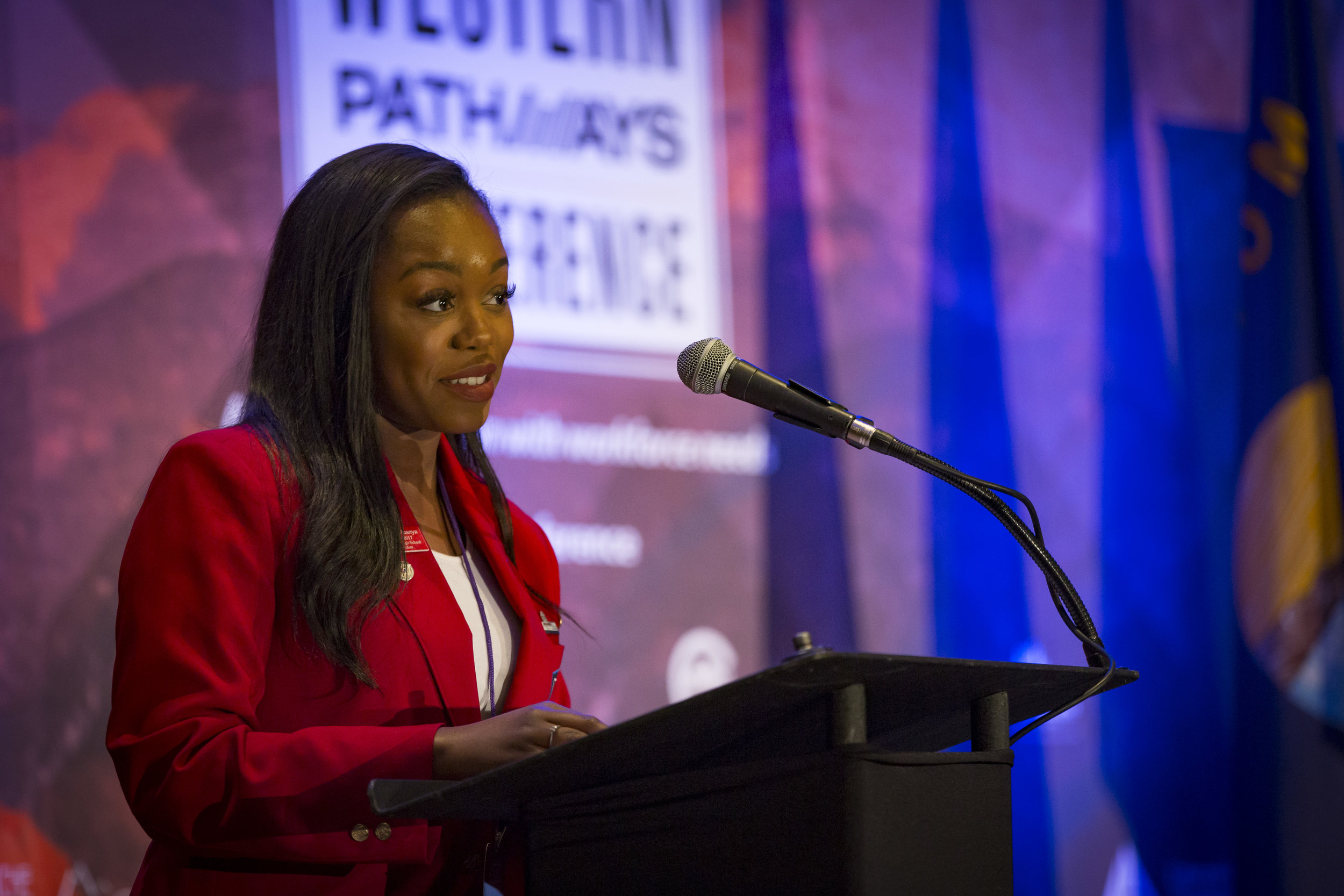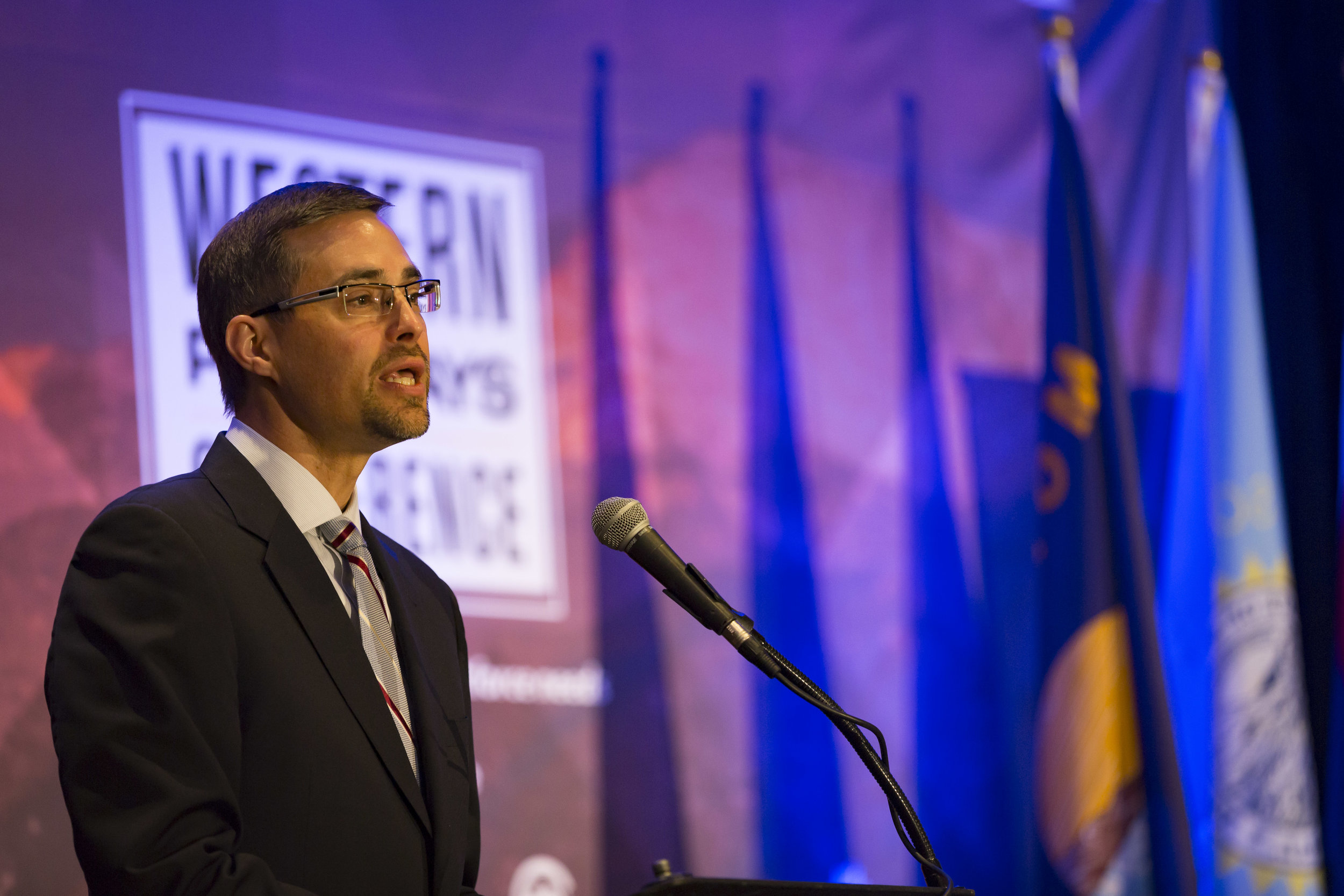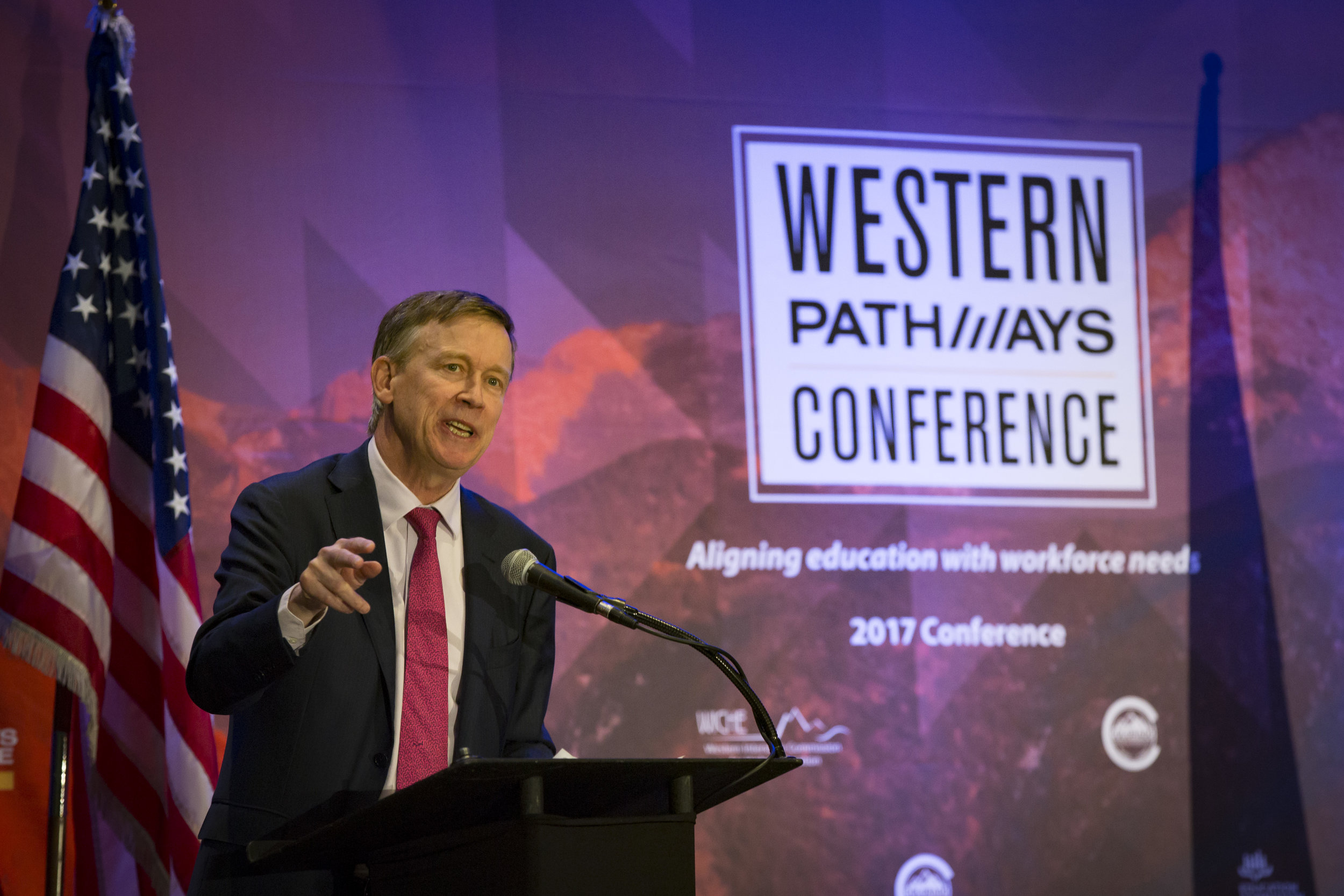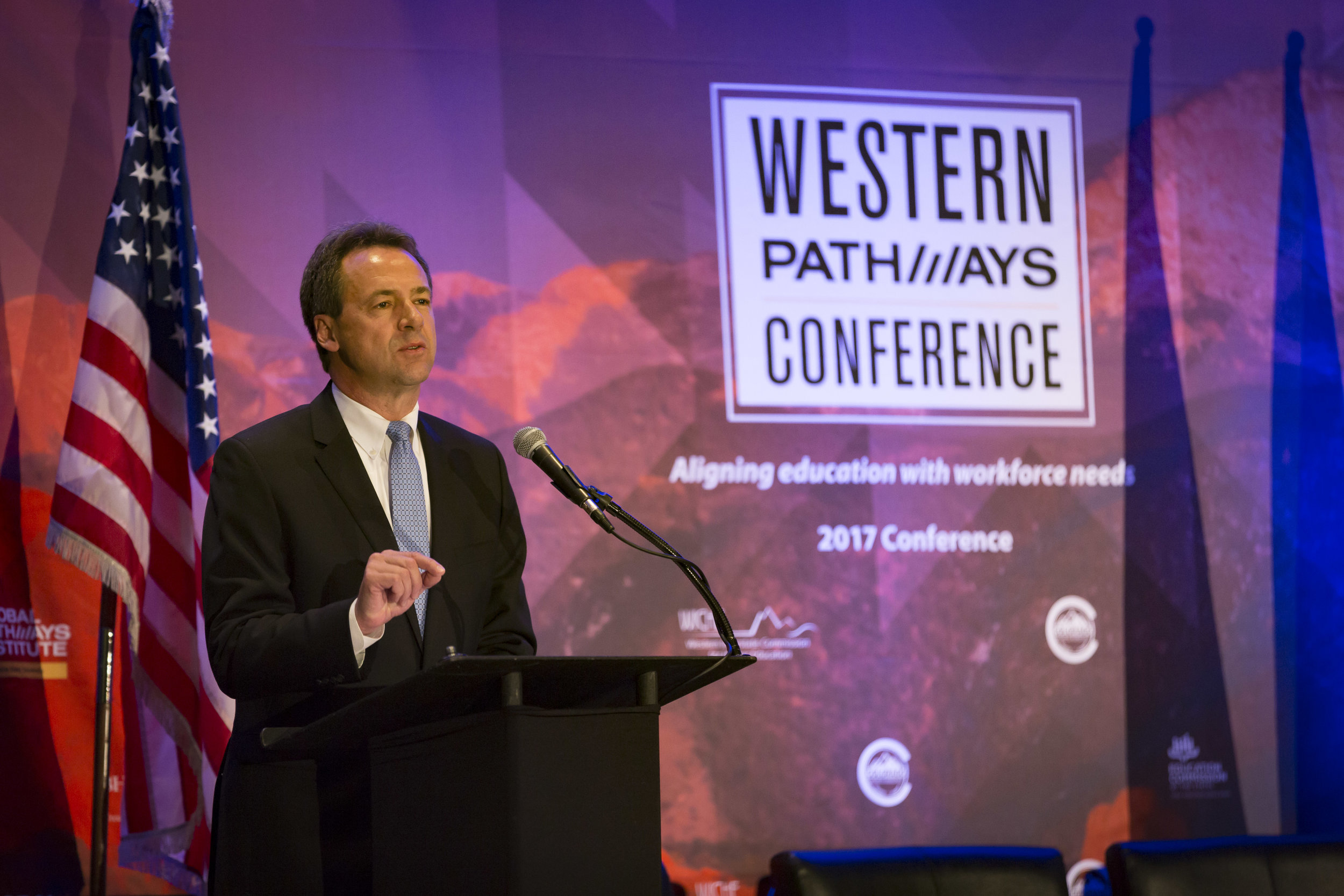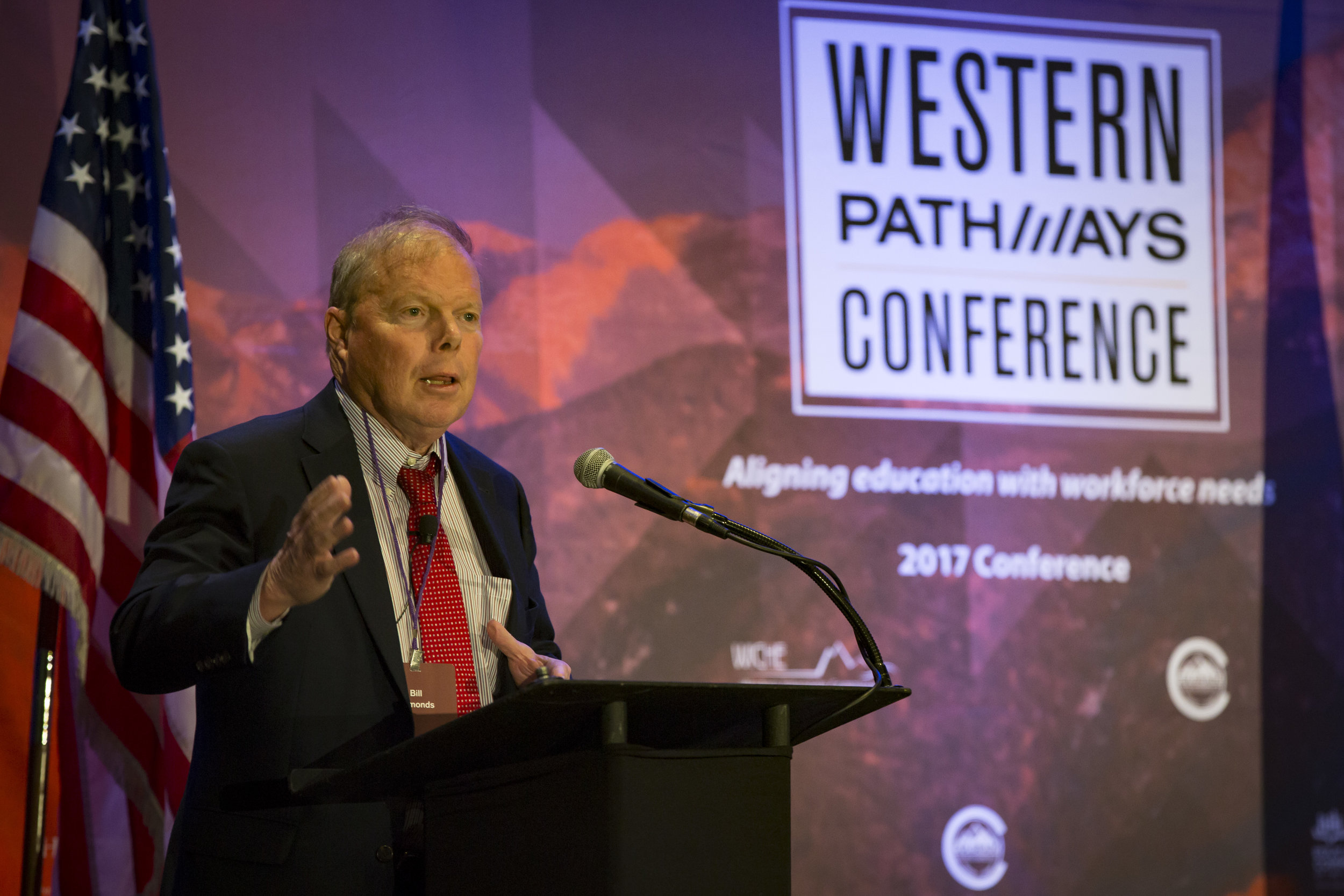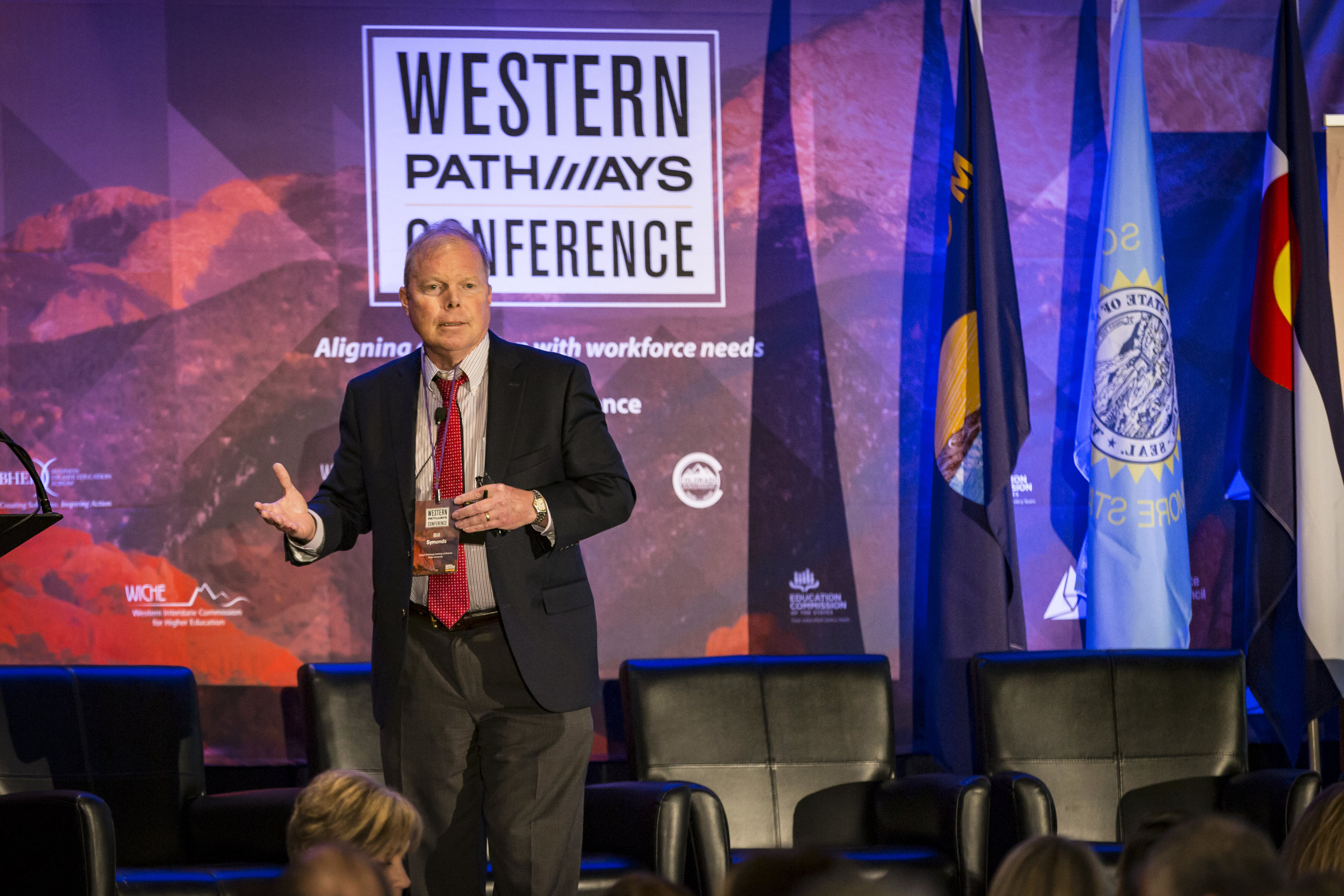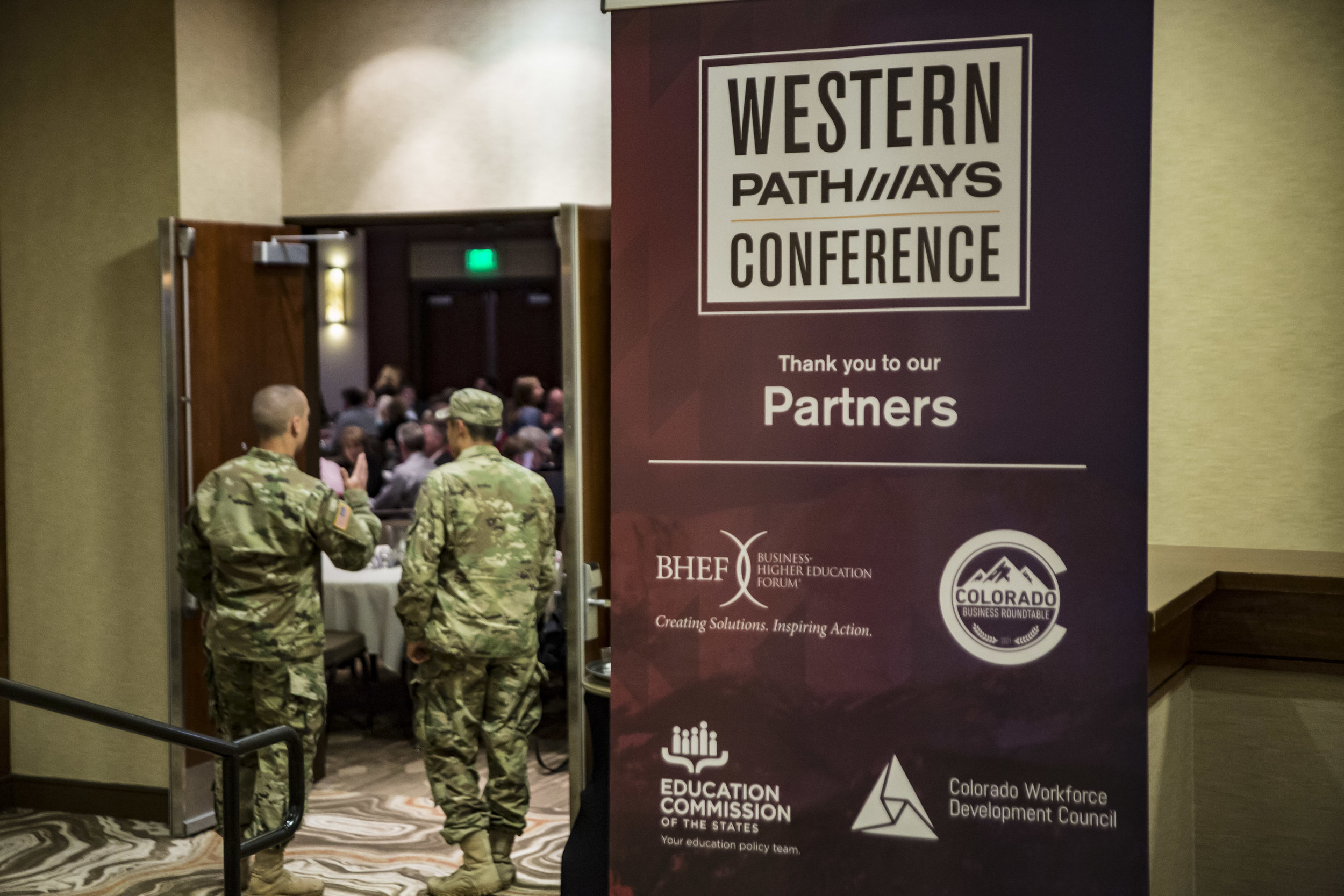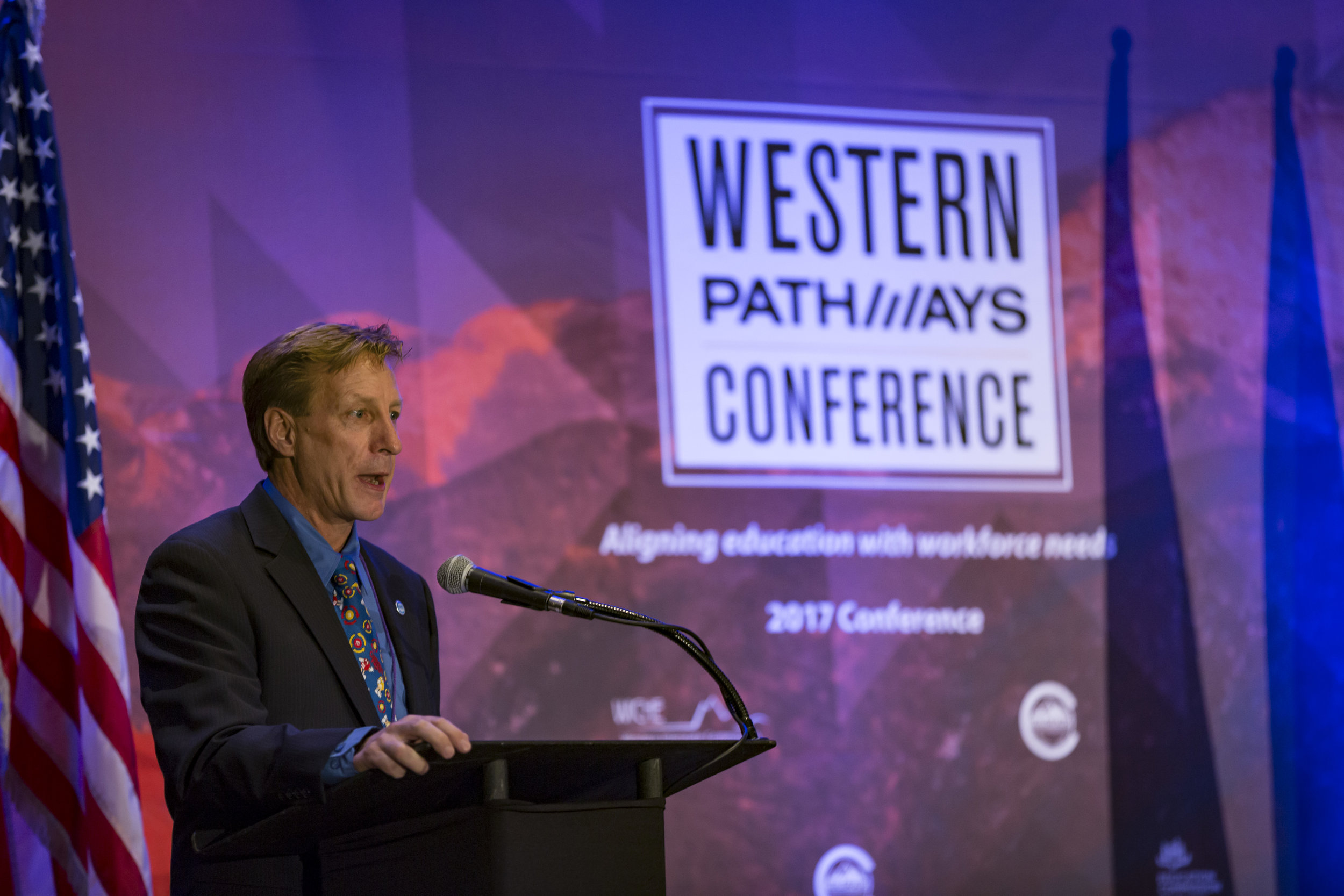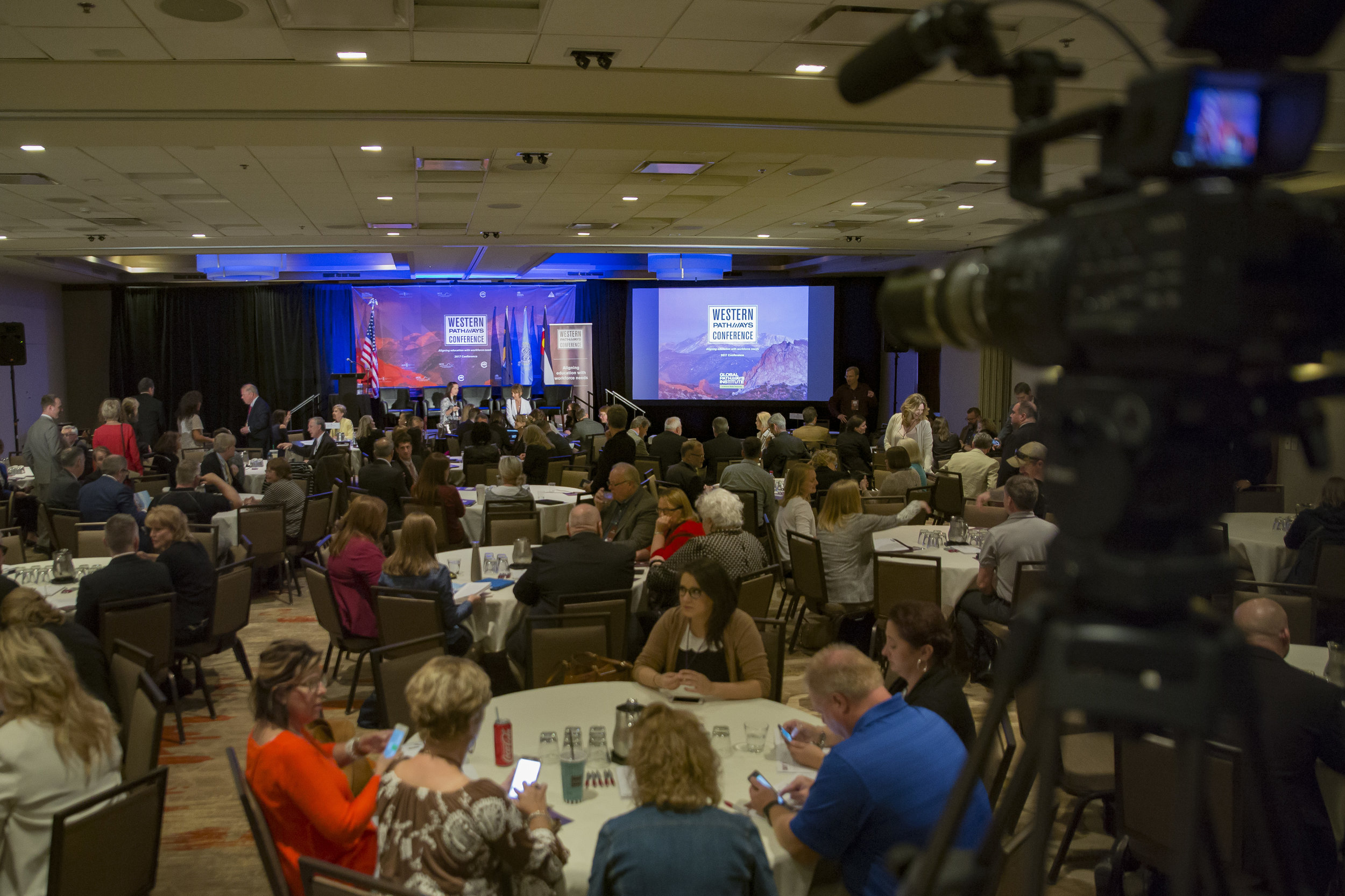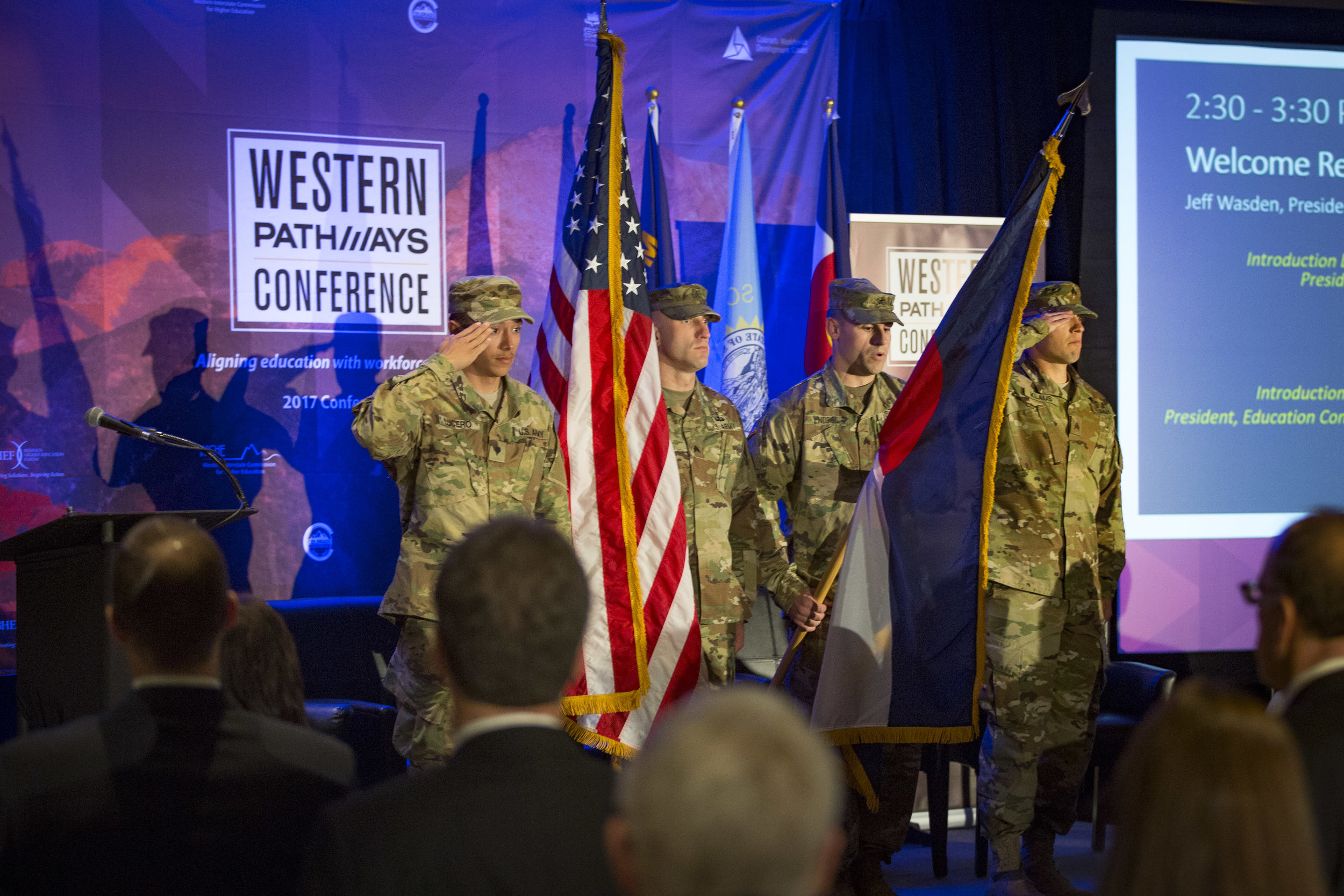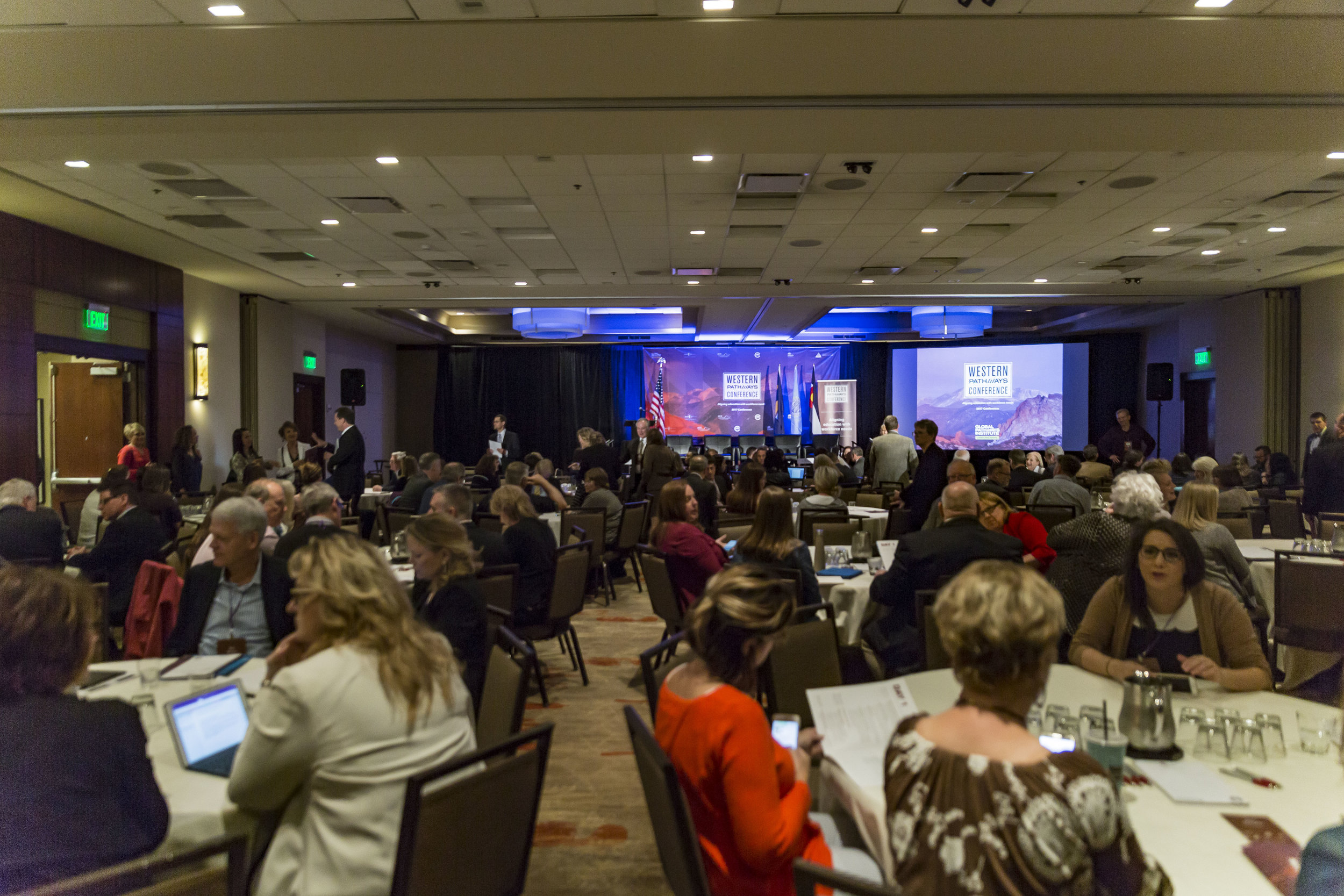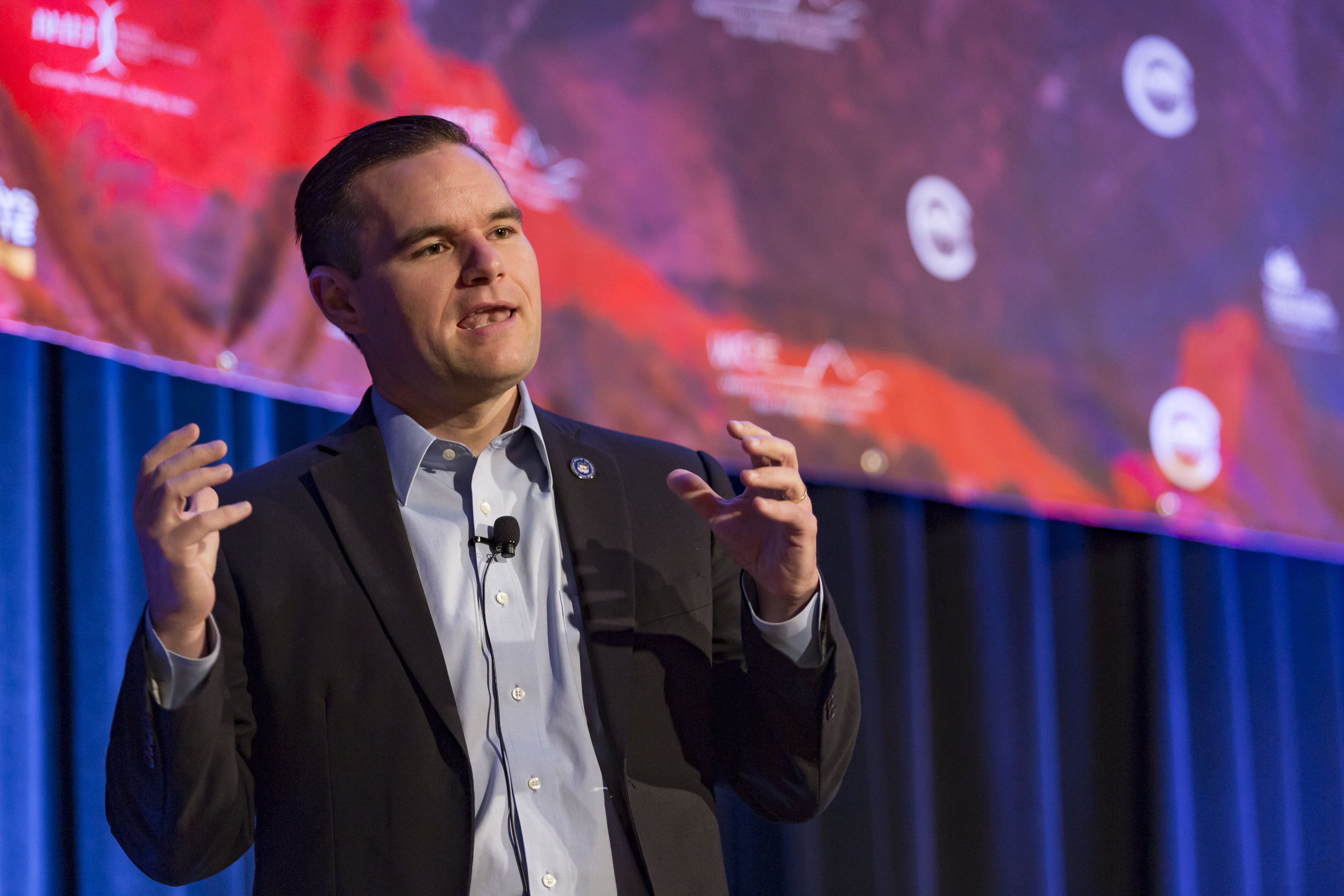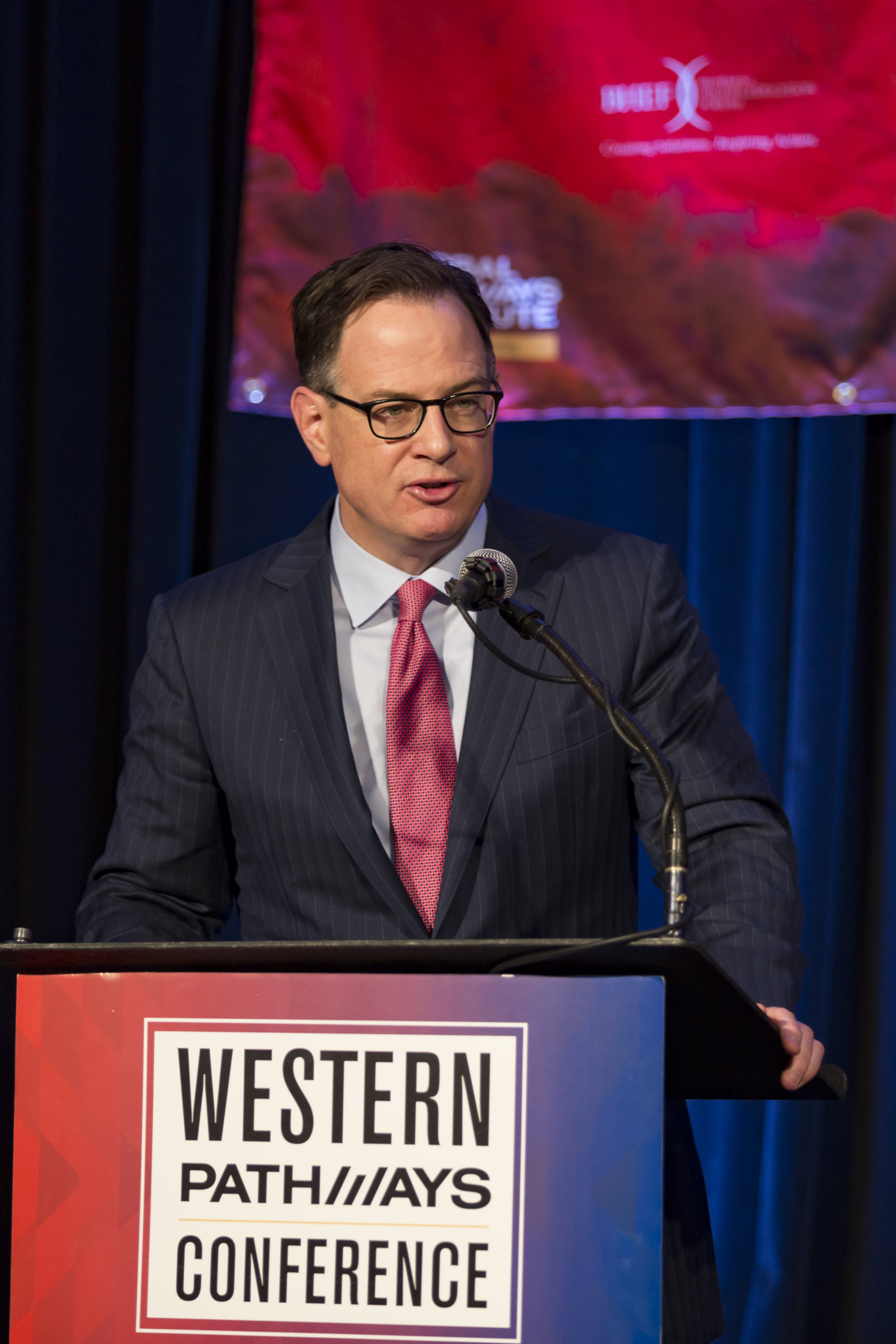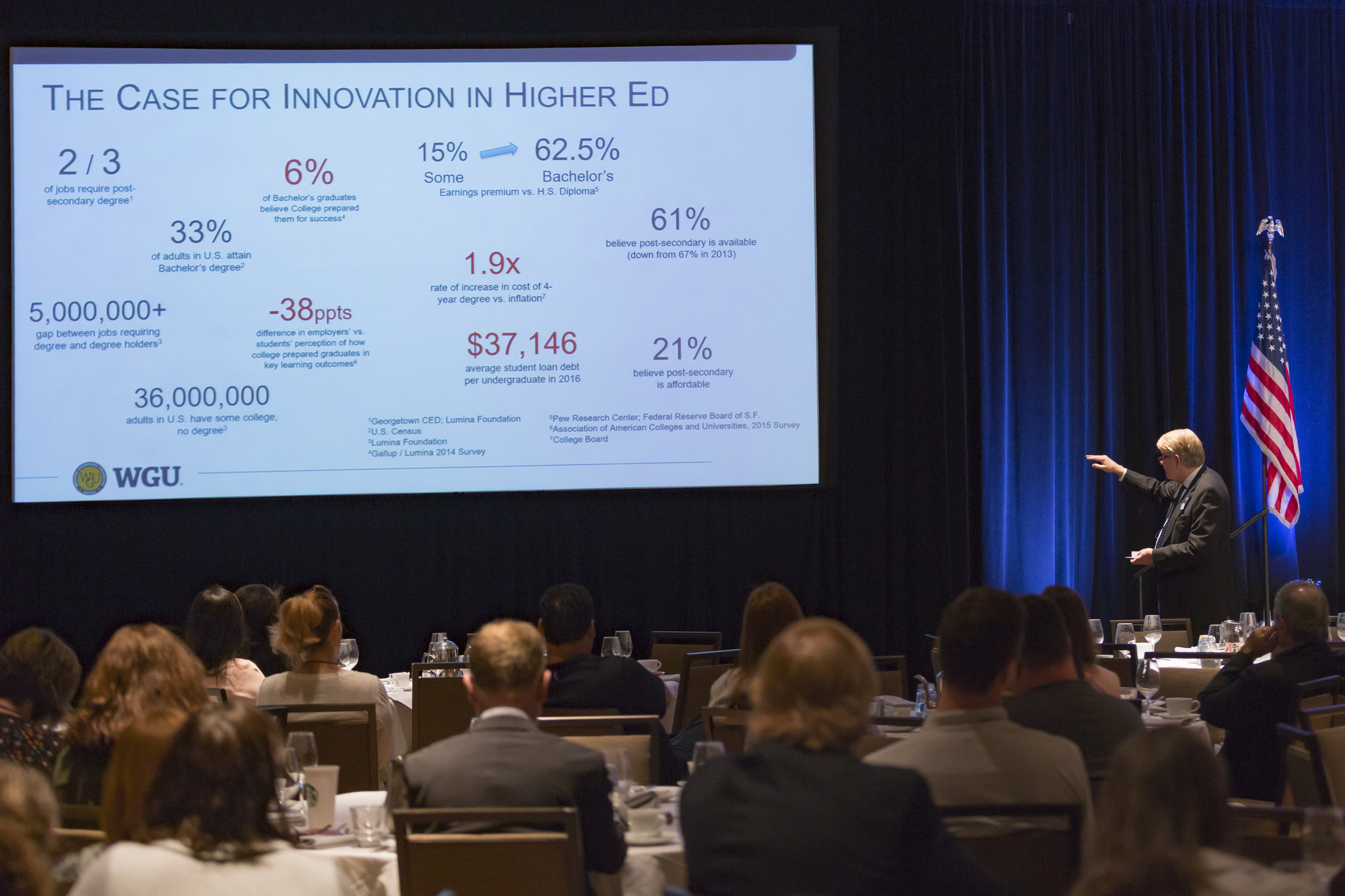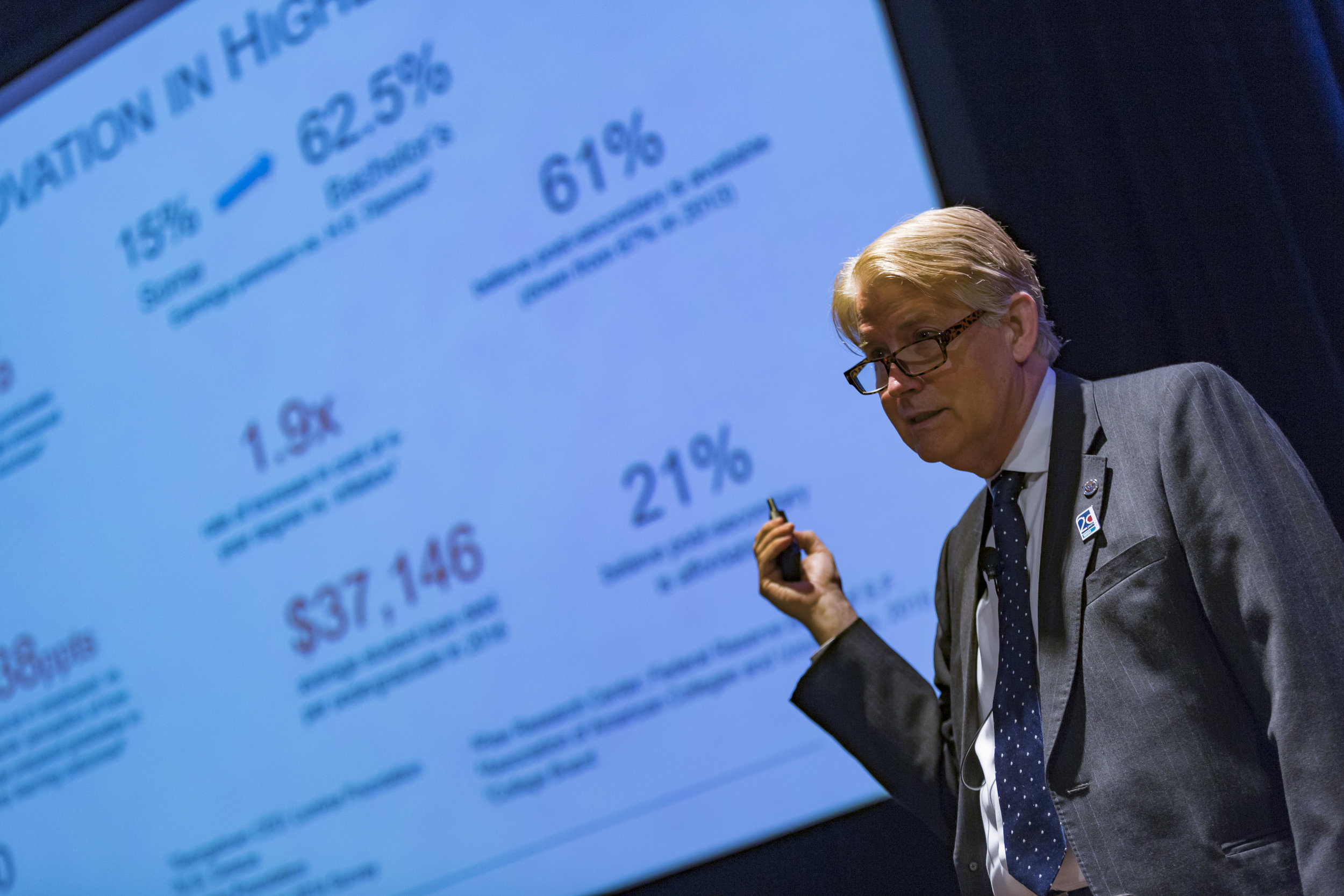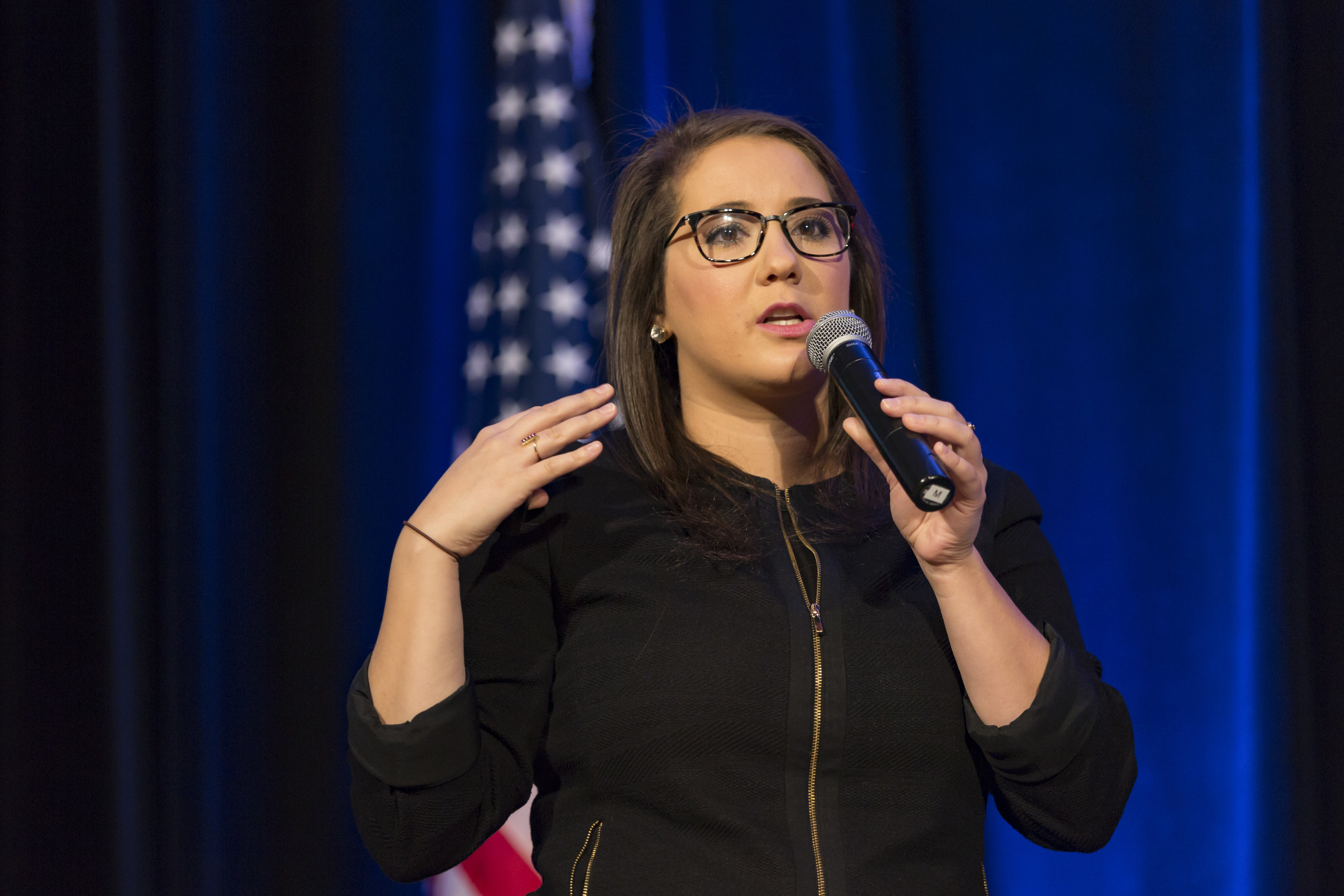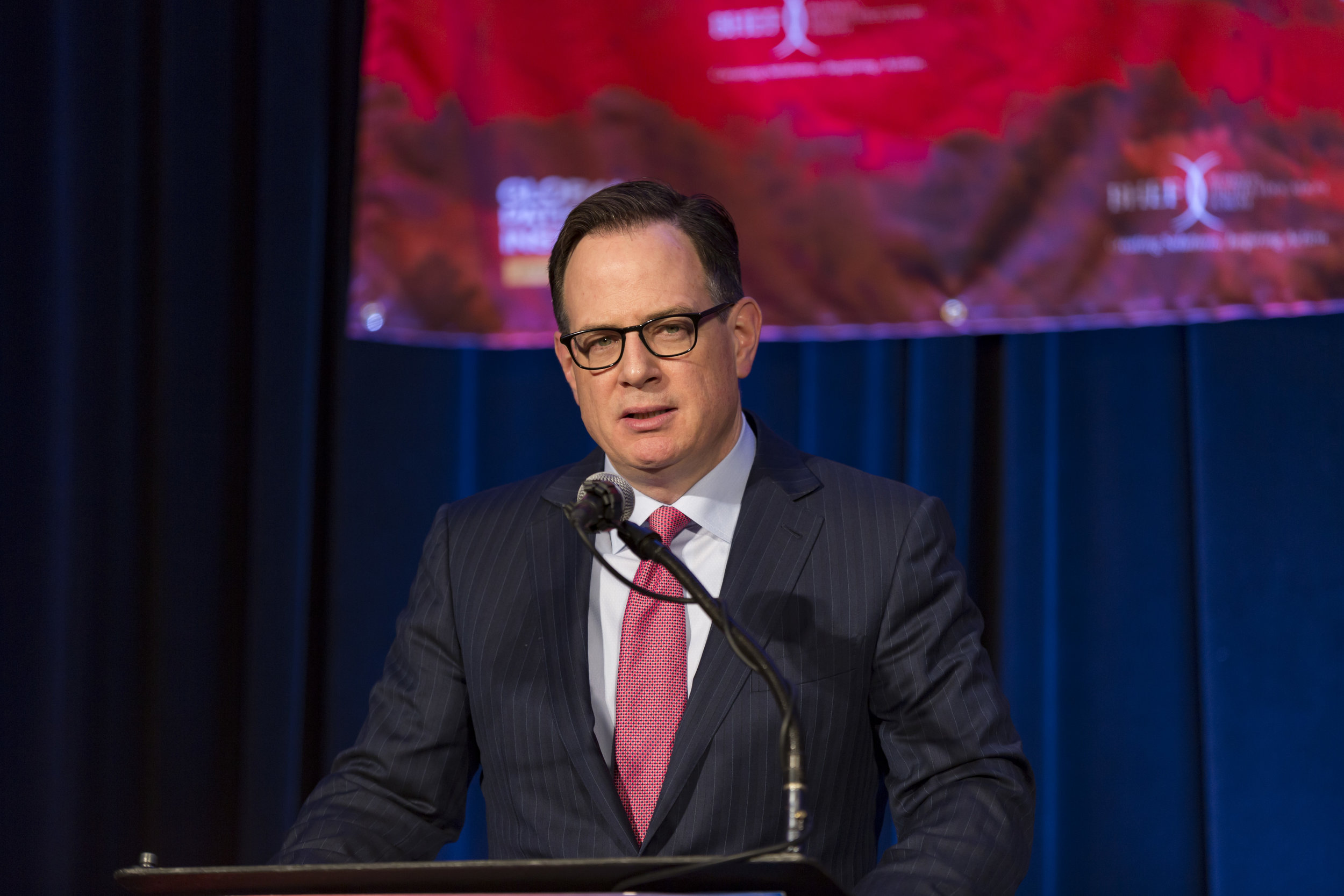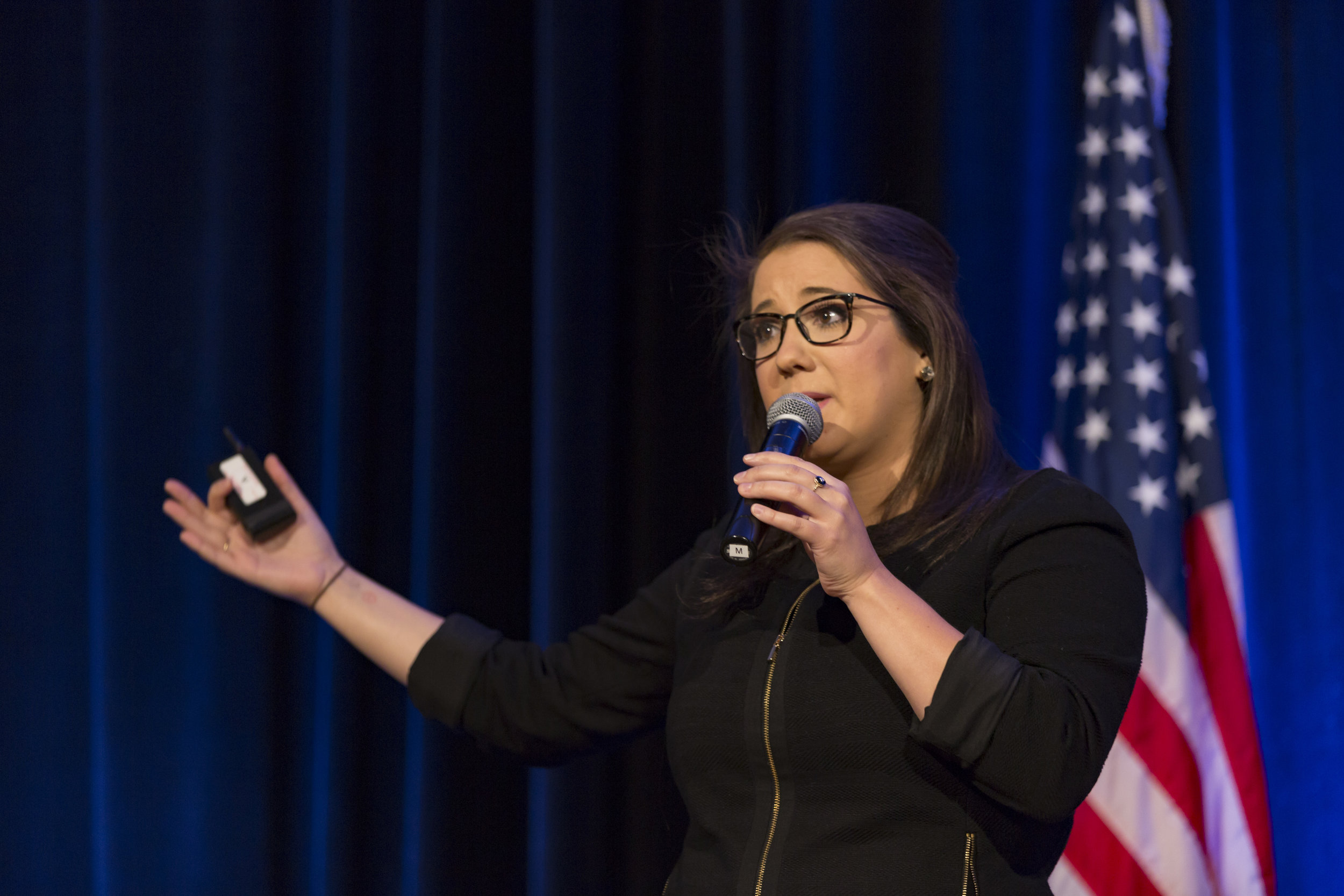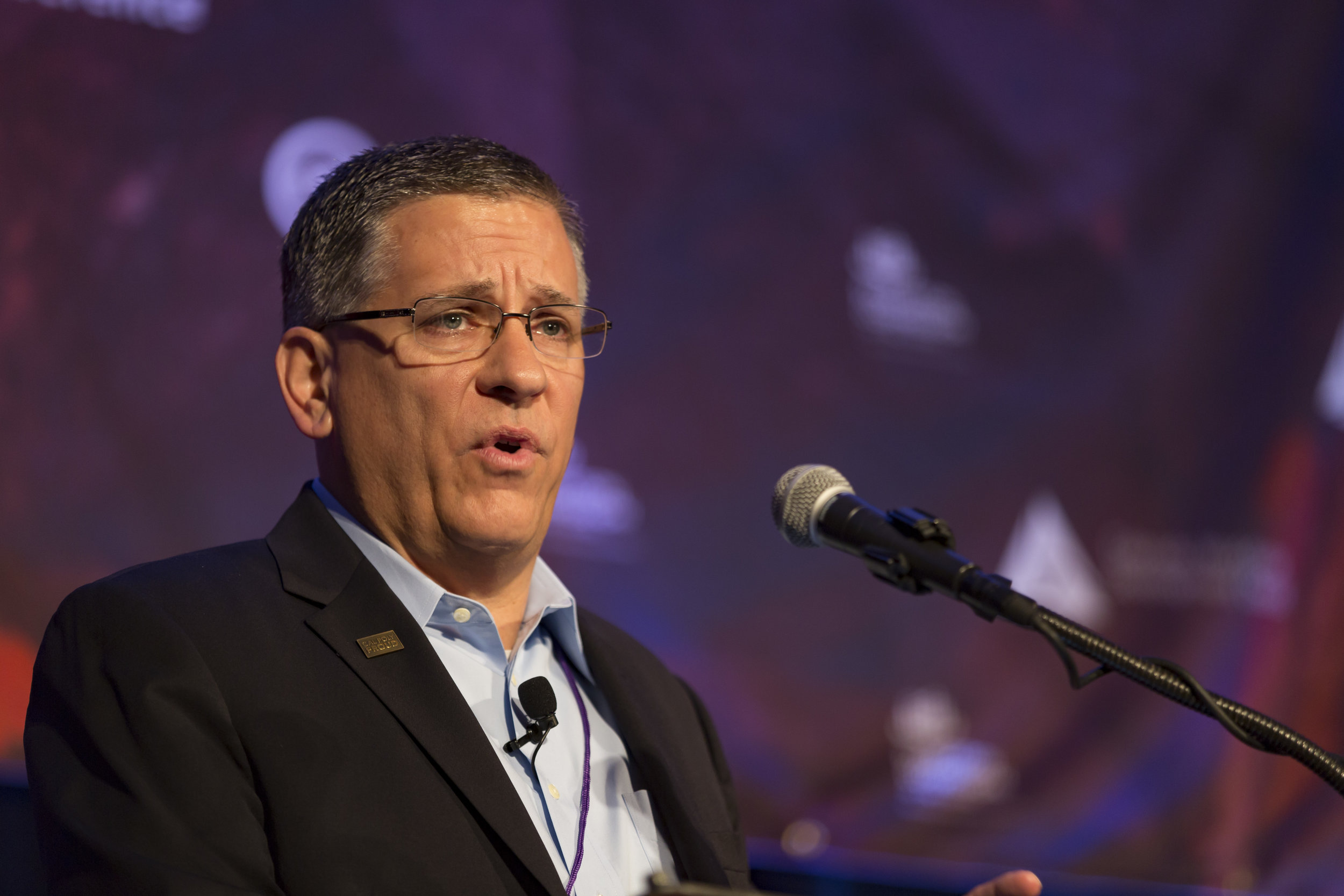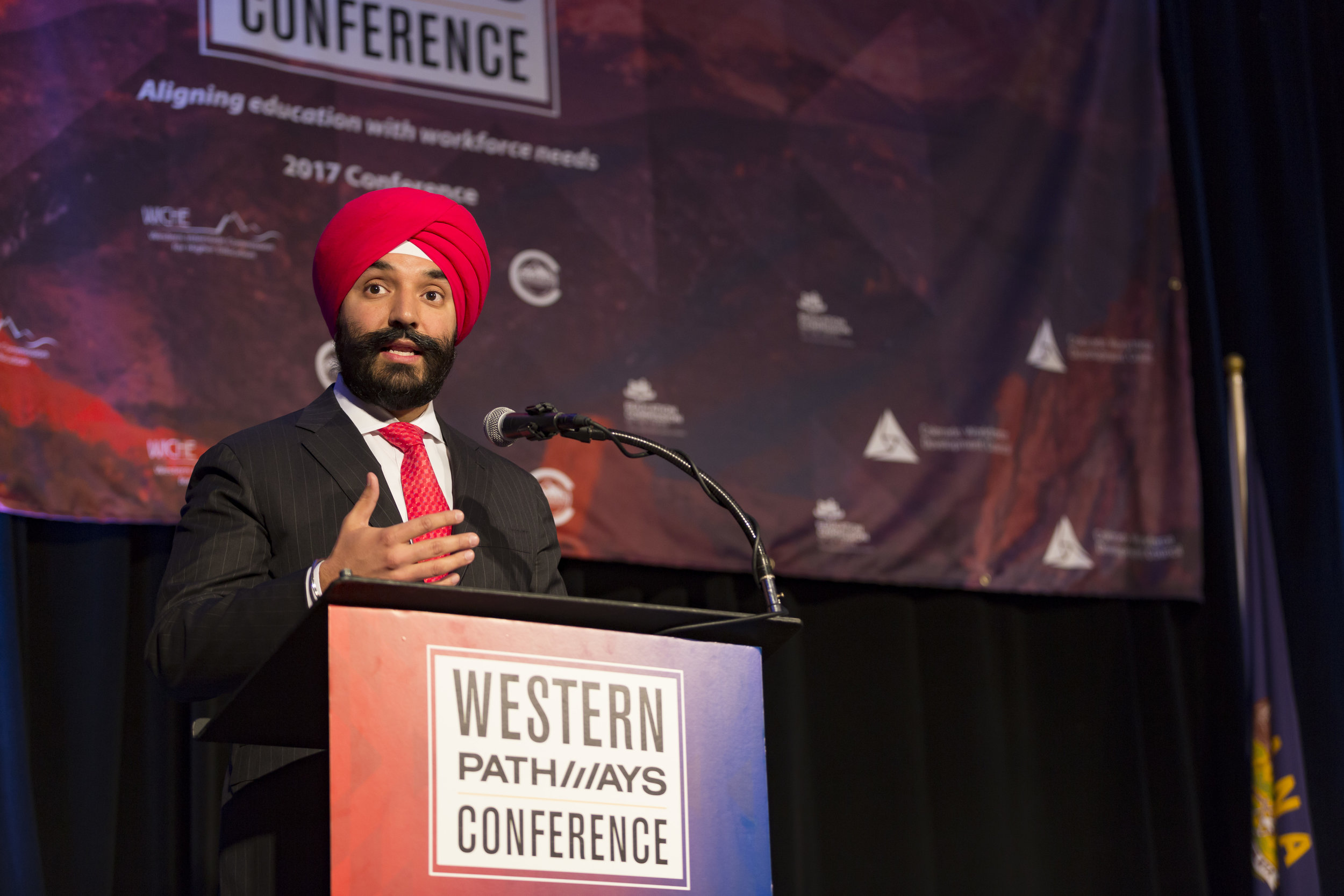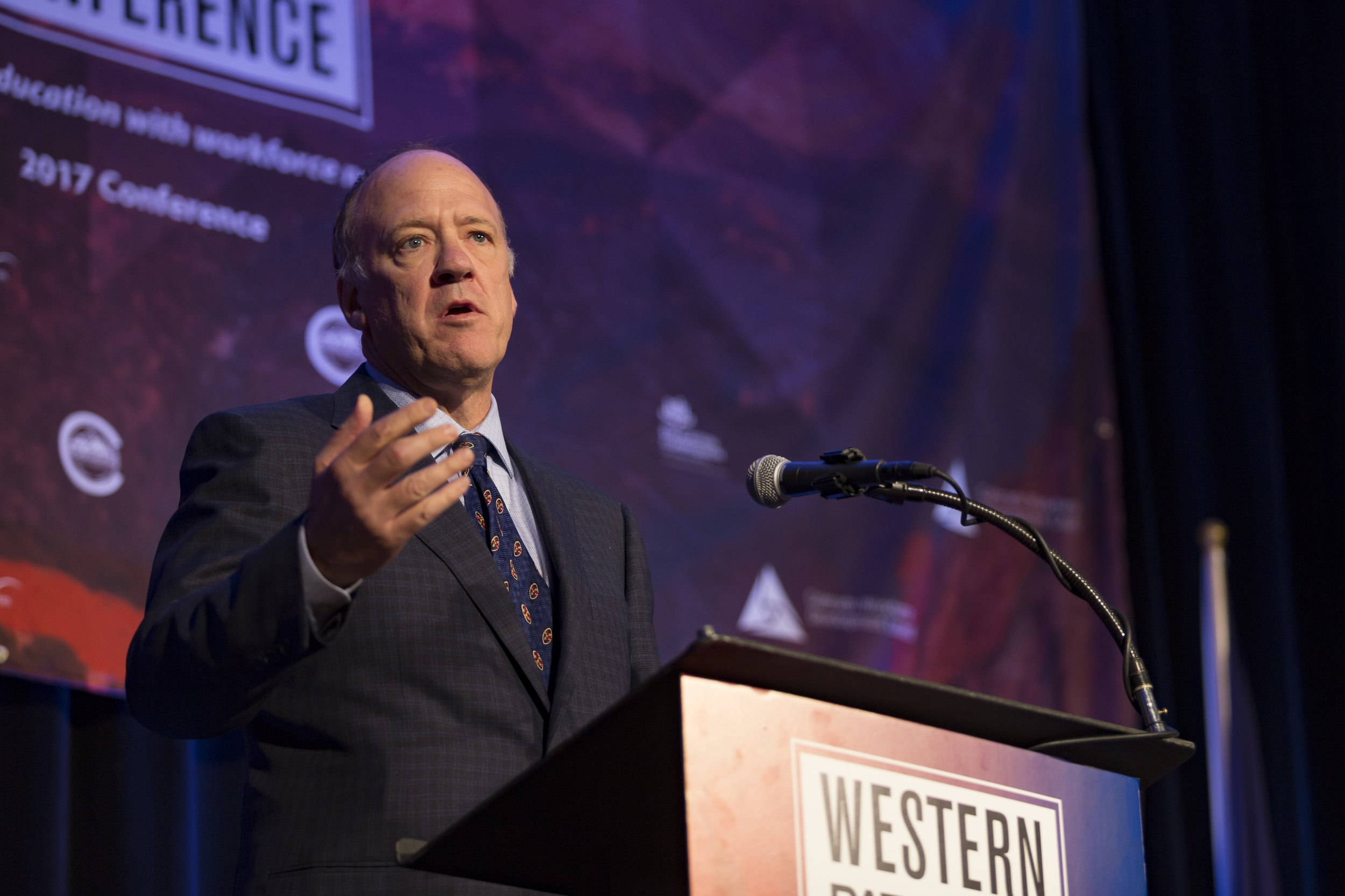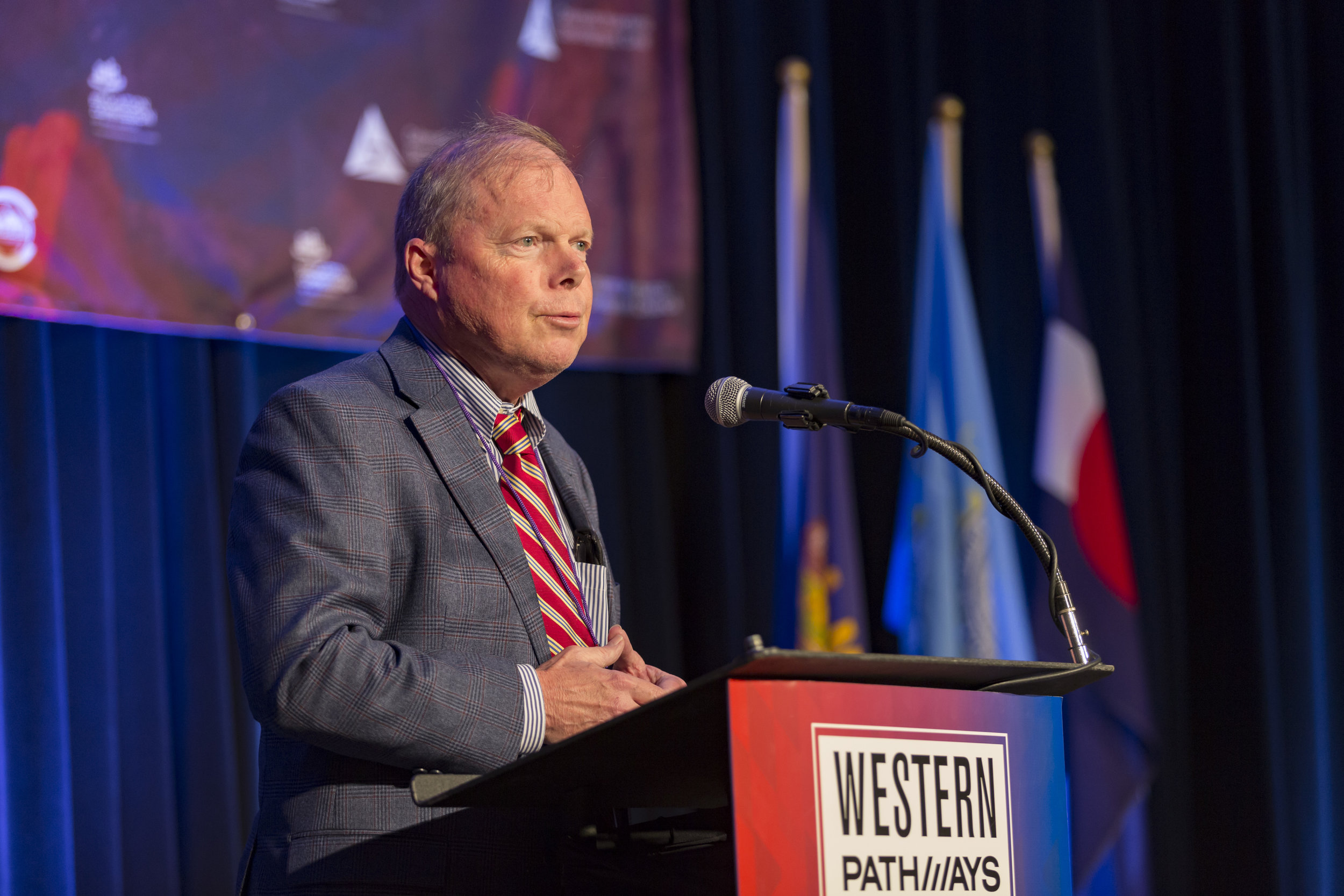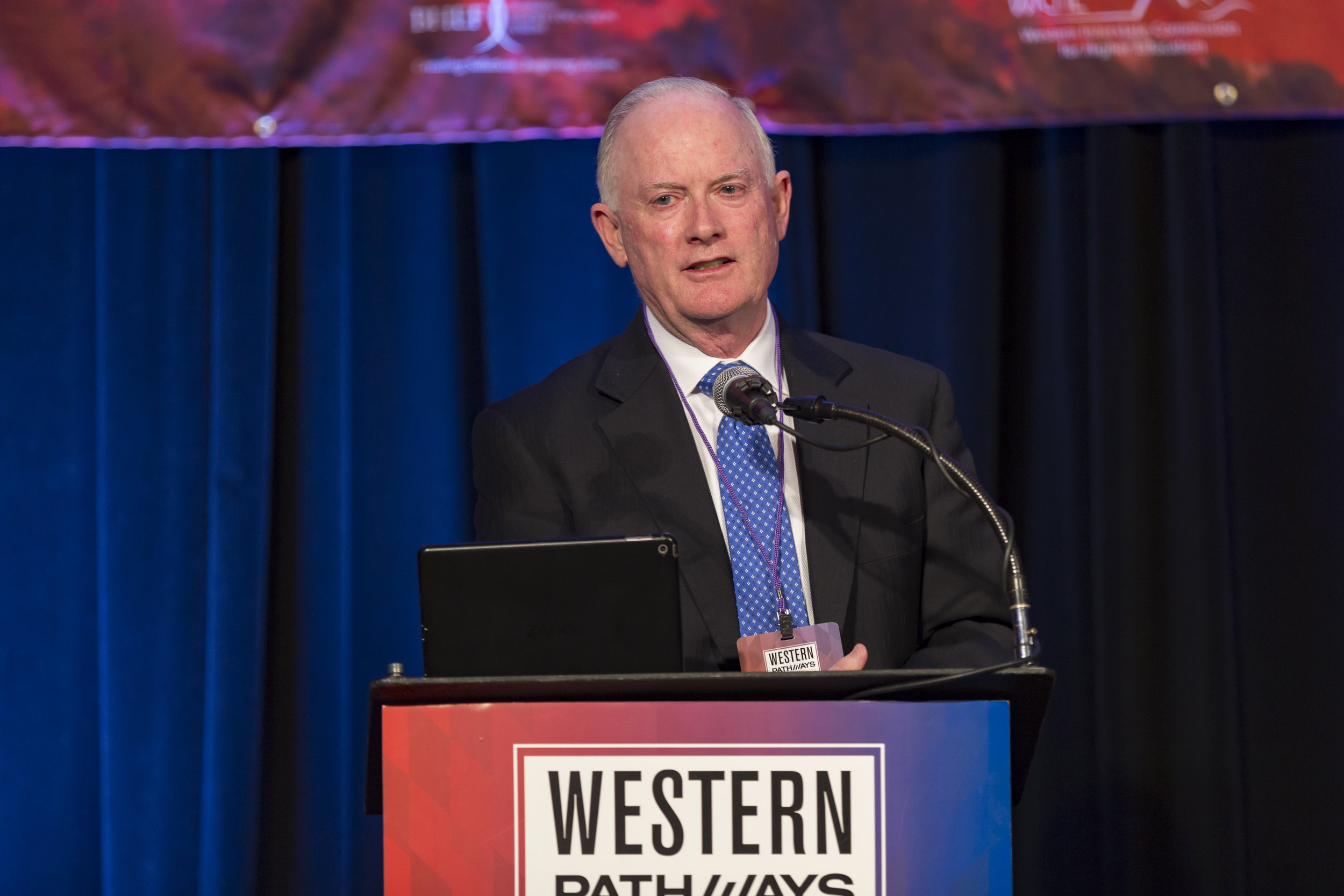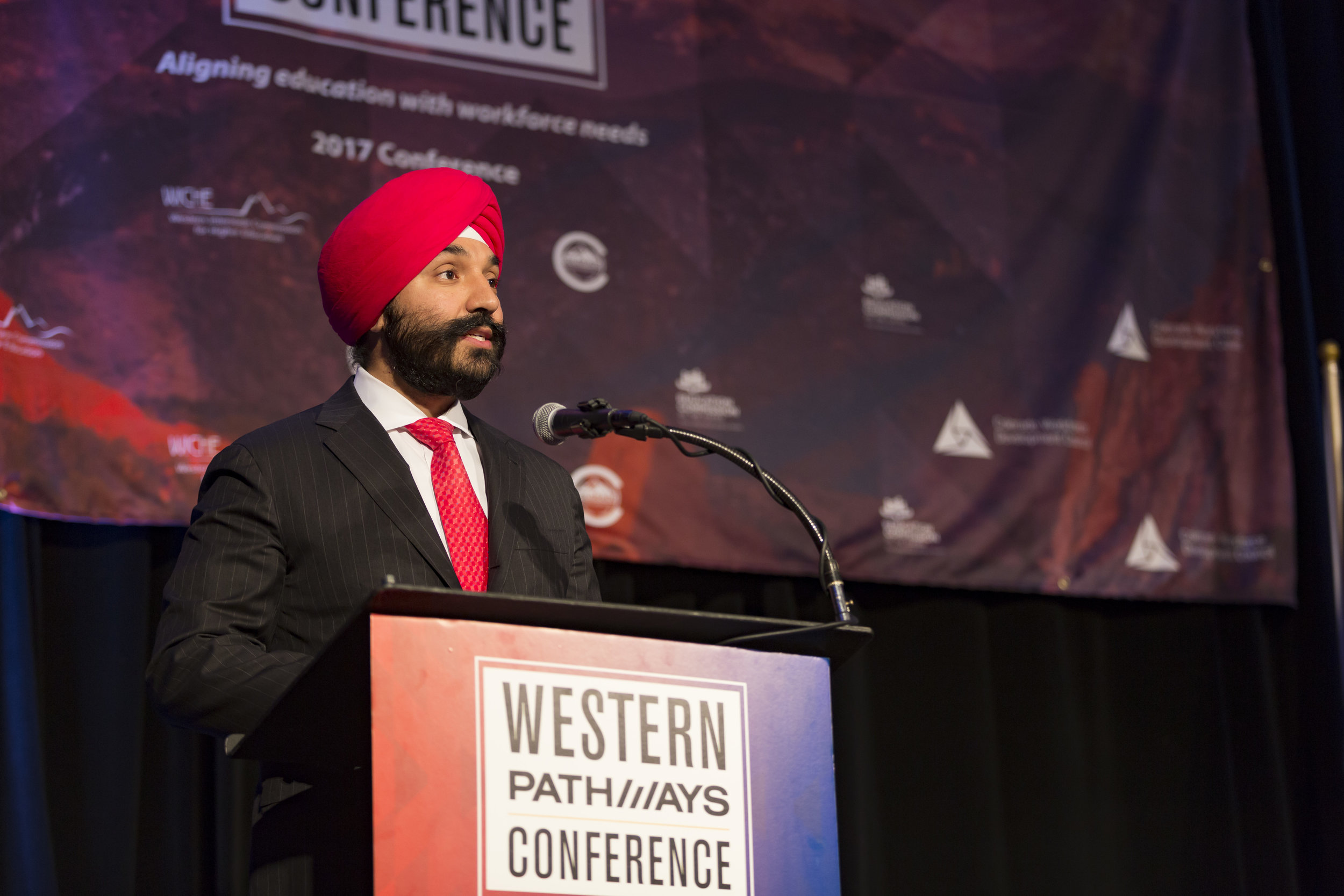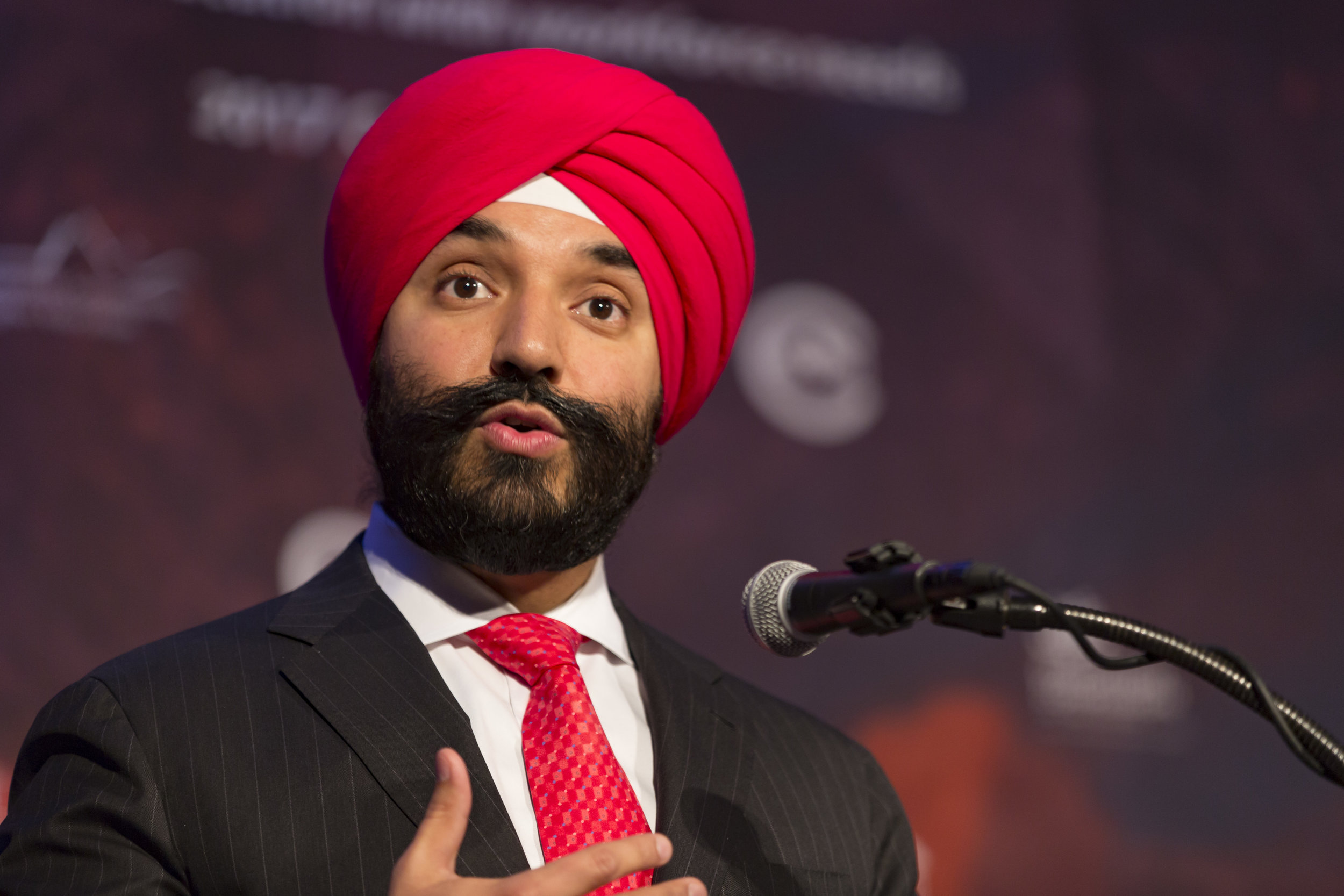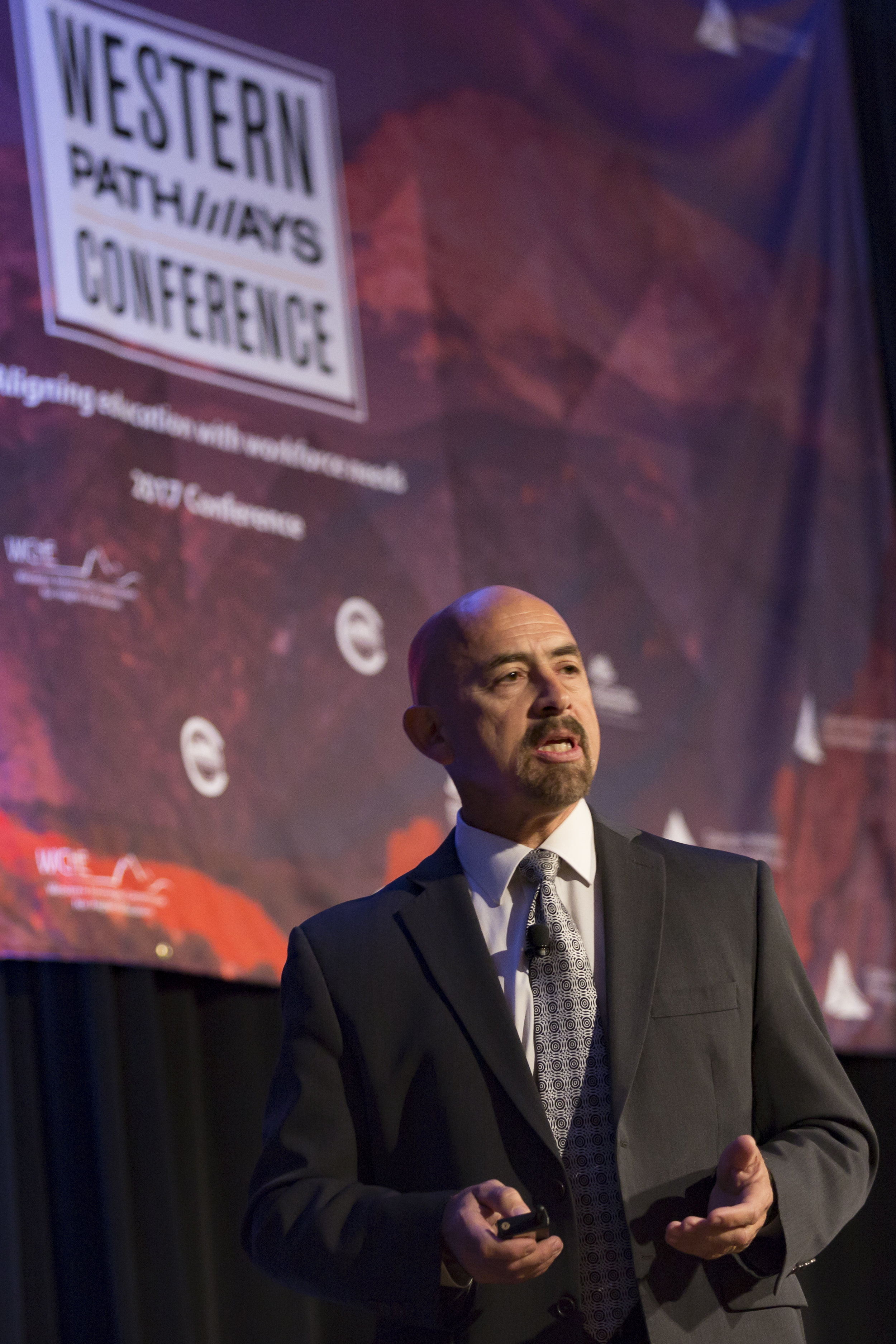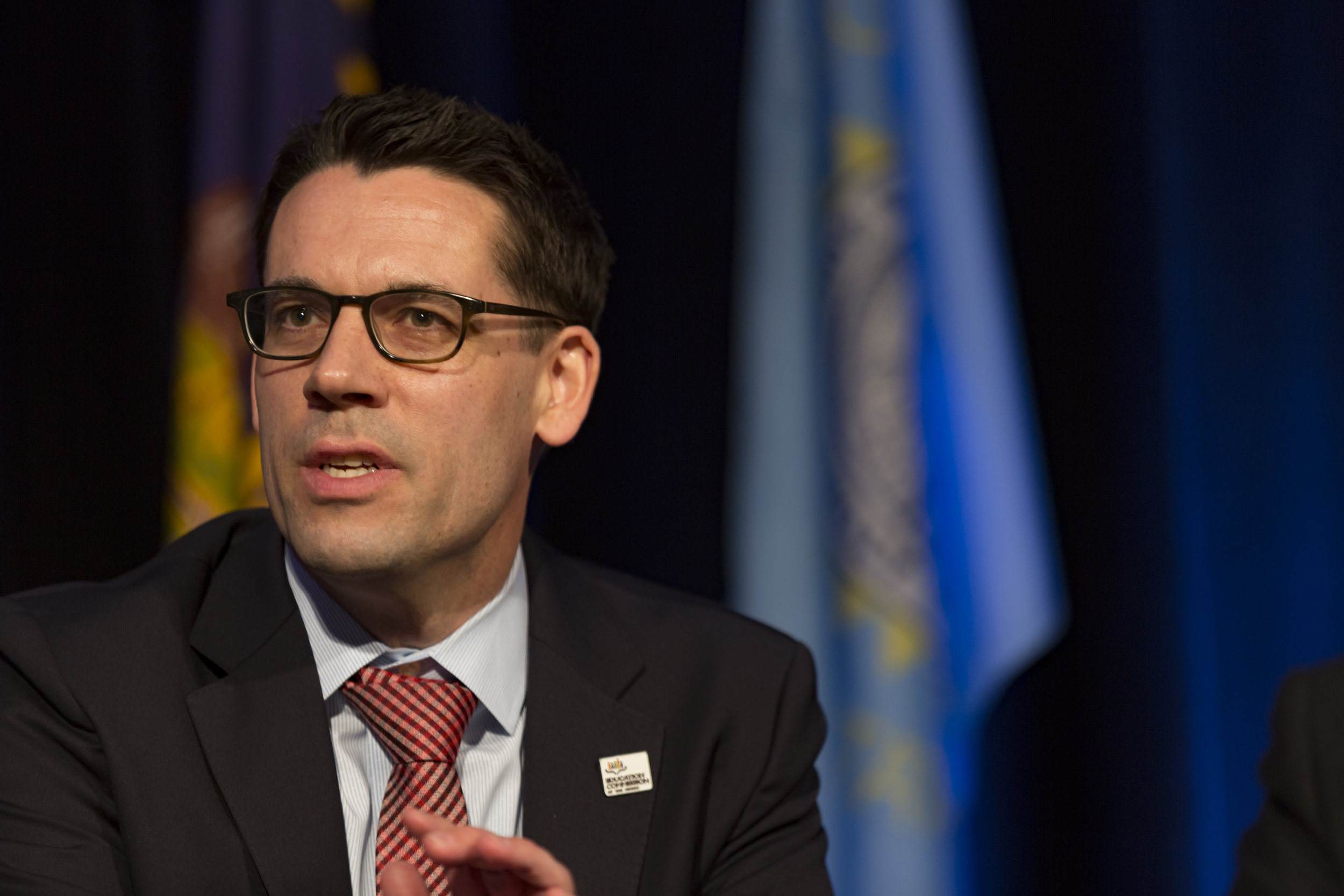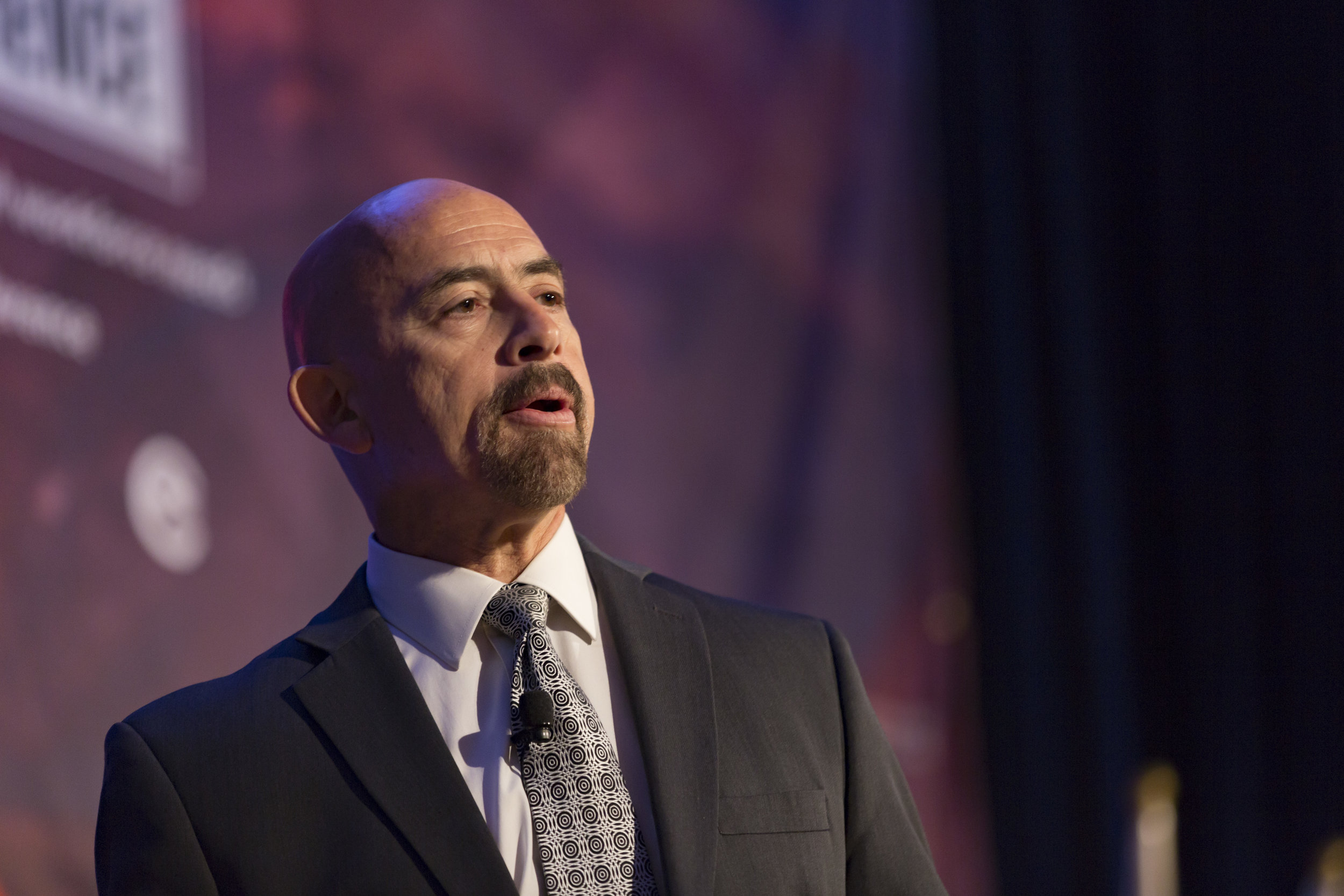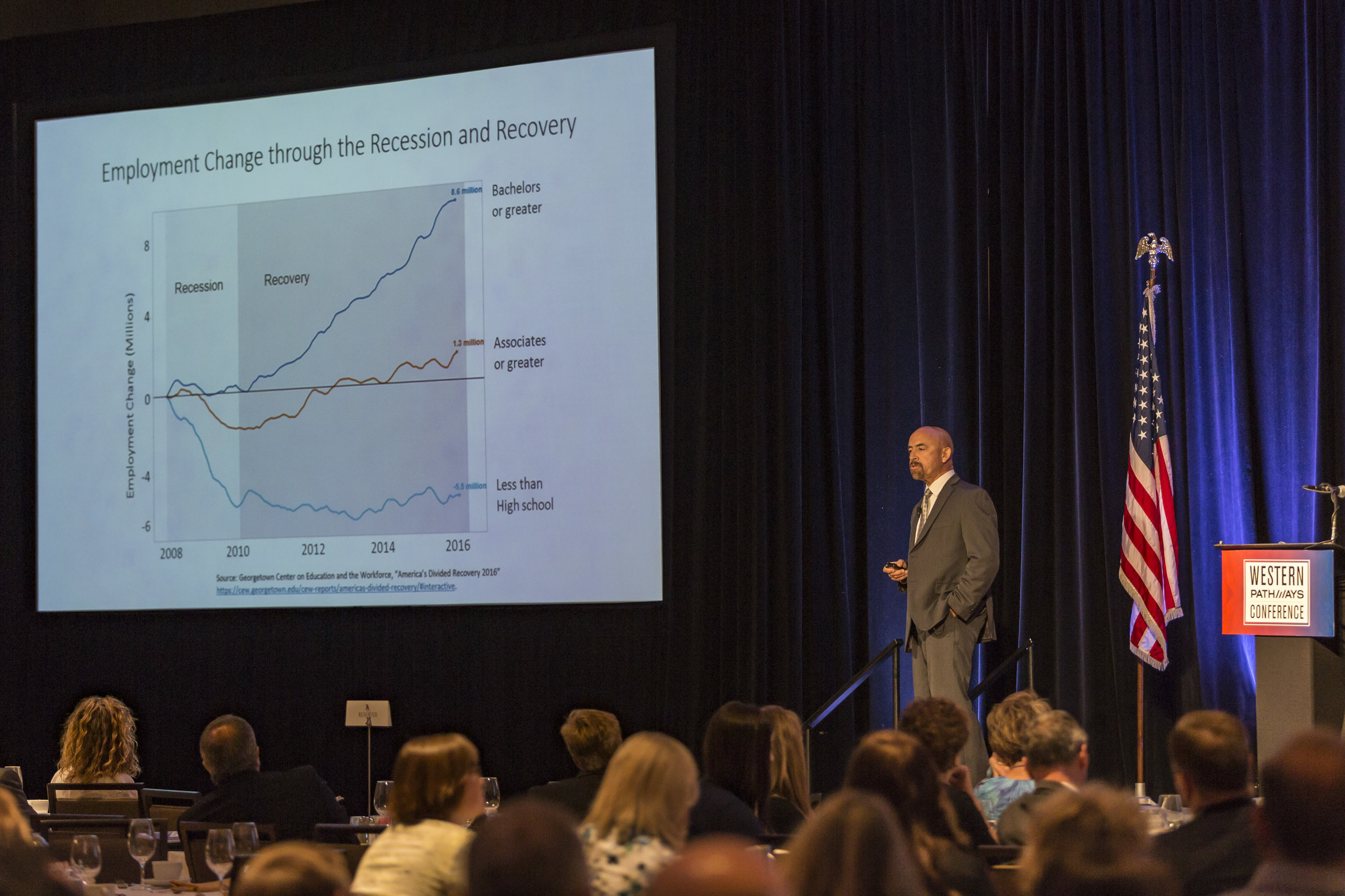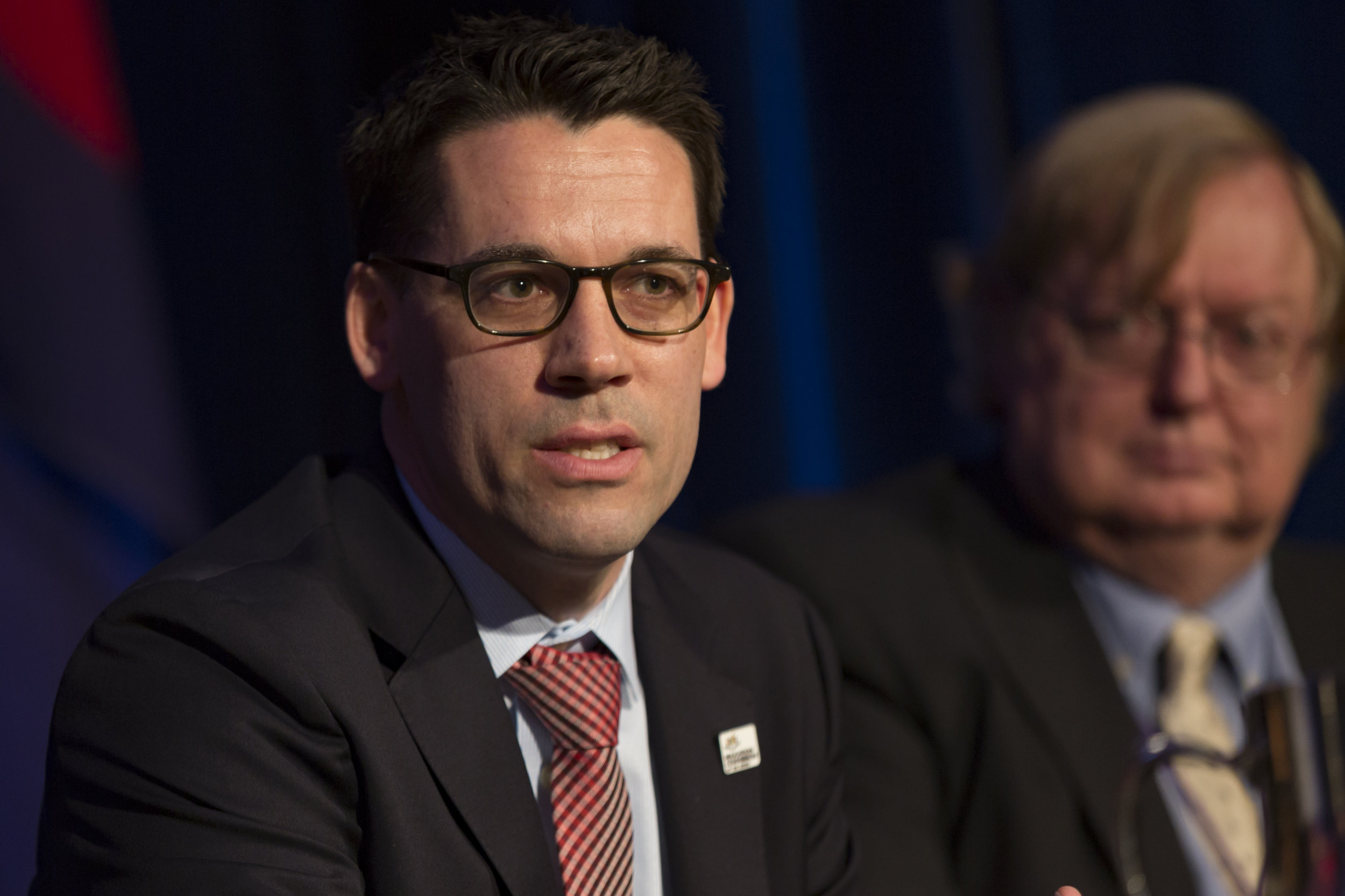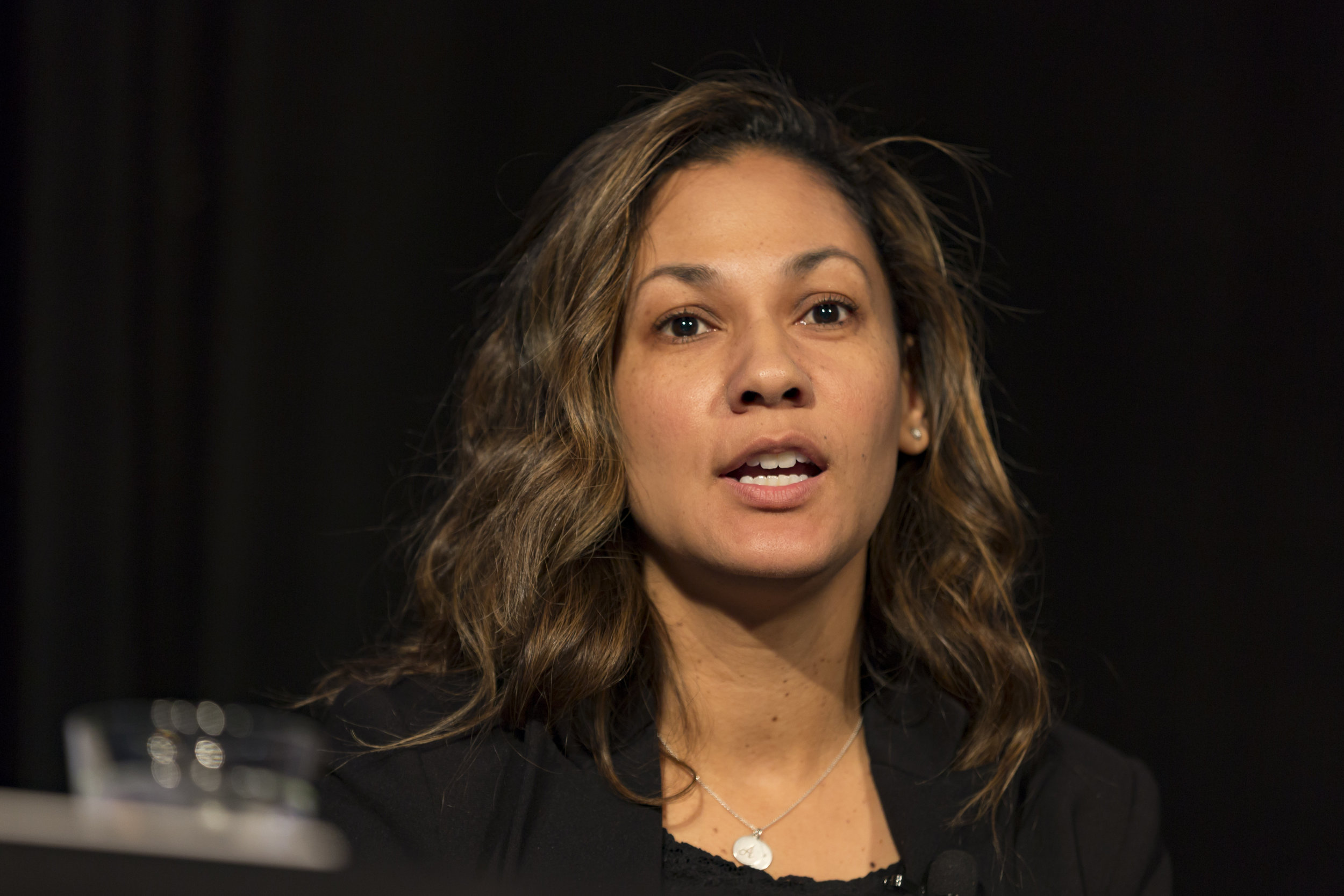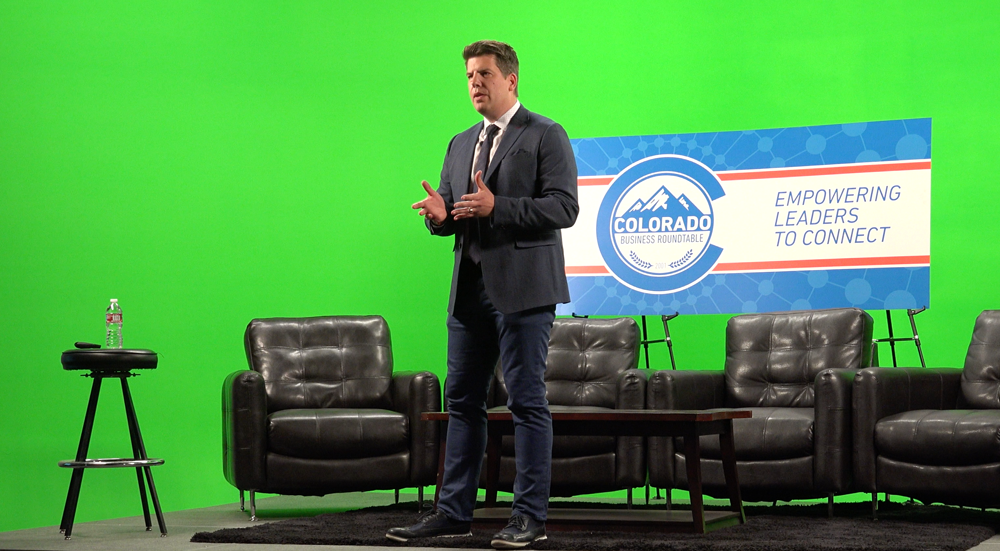Business community applauds legislators for putting kids before politics
For immediate release
May 10, 2017 Denver, Colorado – In a momentous victory for public charter school students and their families, Colorado became one of the first states in the nation today to provide public charter schools equitable access to locally-raised tax revenue – funds which all public school students are entitled to.
“Today, Colorado ends the discriminatory funding practices that are hurting kids across our state,” said Scott Laband, President of Colorado Succeeds, a non-partisan business coalition focused on education issues. “This is a historic victory for the 43,000 charter school students who have been told for far too long that they are worth less than their peers simply because of the type of school they attend,”
“Over the last 24 years, public charter schools have become part of the fabric of Colorado’s education system – educating thousands of students statewide and delivering impressive results for kids. This measure will level the playing field for public charter students and help ensure every child receives the best possible education at the school of their choosing,” said Laband.
“Let’s be clear, addressing the funding inequities faced by public charter schools is about kids – not the misinformation and politics that some want to use to distort the issue. The business community applauds the General Assembly for putting politics aside and putting kids first,” added Laband.
Despite numerous attacks and campaigns to spread misinformation about charter schools and the students they serve, the facts remain clear:
- Colorado charter schools are tuition-free public schools that are open to all students.
- Colorado charters schools serve a population that mirrors the diversity of traditional schools.
- Colorado charter schools are held accountable for student performance just like traditional schools. In fact, charters are often held accountable to additional performance metrics agreed to in their local district contract.
- Colorado charter schools are among some of the highest performing in the state. Recent research found that, of Colorado’s schools that are high-performing and serve a majority of low-income students, over 70 percent are charter schools.
- If combined into one district, Colorado charter schools would be the largest in the state and serve nearly 115,000 students.
Thanks to the tremendous leadership of HB-1375’s bipartisan sponsors - Senator Owen Hill, Senator Angela Williams, Representative Brittany Pettersen, and Representative Lang Sias - Colorado is one of the first states in the nation to ensure equitable funding for public charter schools.
Colorado Succeeds is a 501(c)3 nonprofit, nonpartisan coalition of Colorado’s business leaders who join forces to ensure our education system works better and smarter for all people of Colorado. We believe Colorado is the best place to live and work, and we want it to stay that way. This great state can only continue its tradition of excellence when all of our children are educated to their greatest potential and all of our businesses have the talented and innovative workforce they need to thrive. We believe great schools are good business. We know when Colorado schools improve, everybody wins. Learn more: www.coloradosucceeds.org.
###
Shannon Nicholas
Director of Communications and Programs
1390 Lawrence St. | Suite 200 | Denver, CO 80204
Follow us on Facebook, Twitter & LinkedIn





